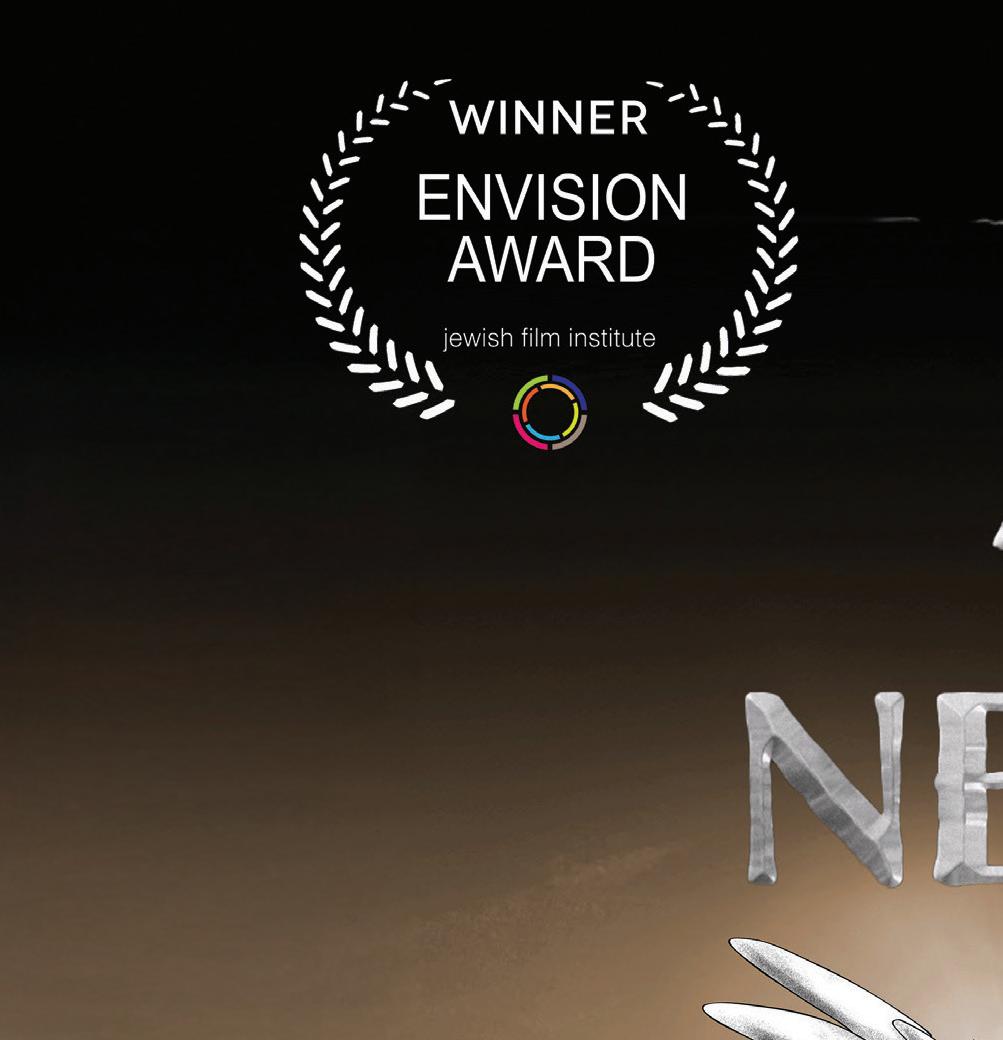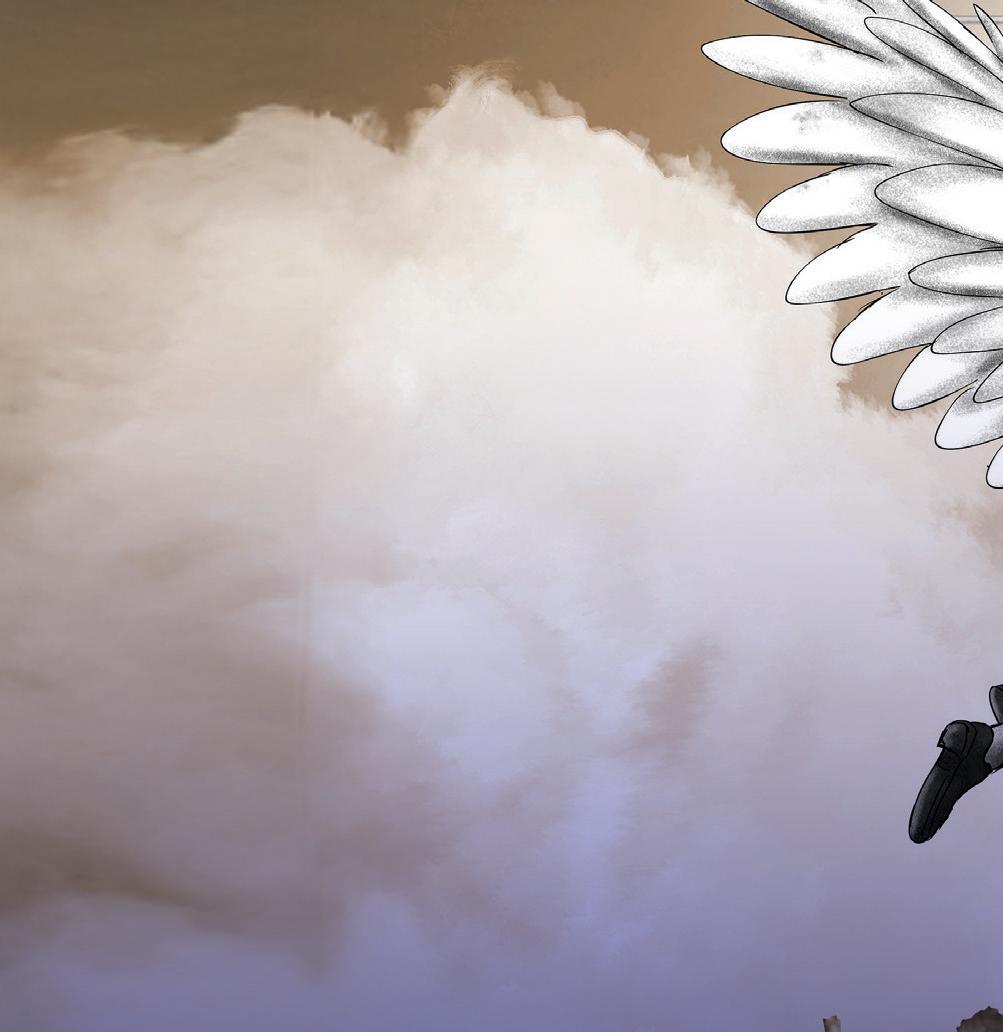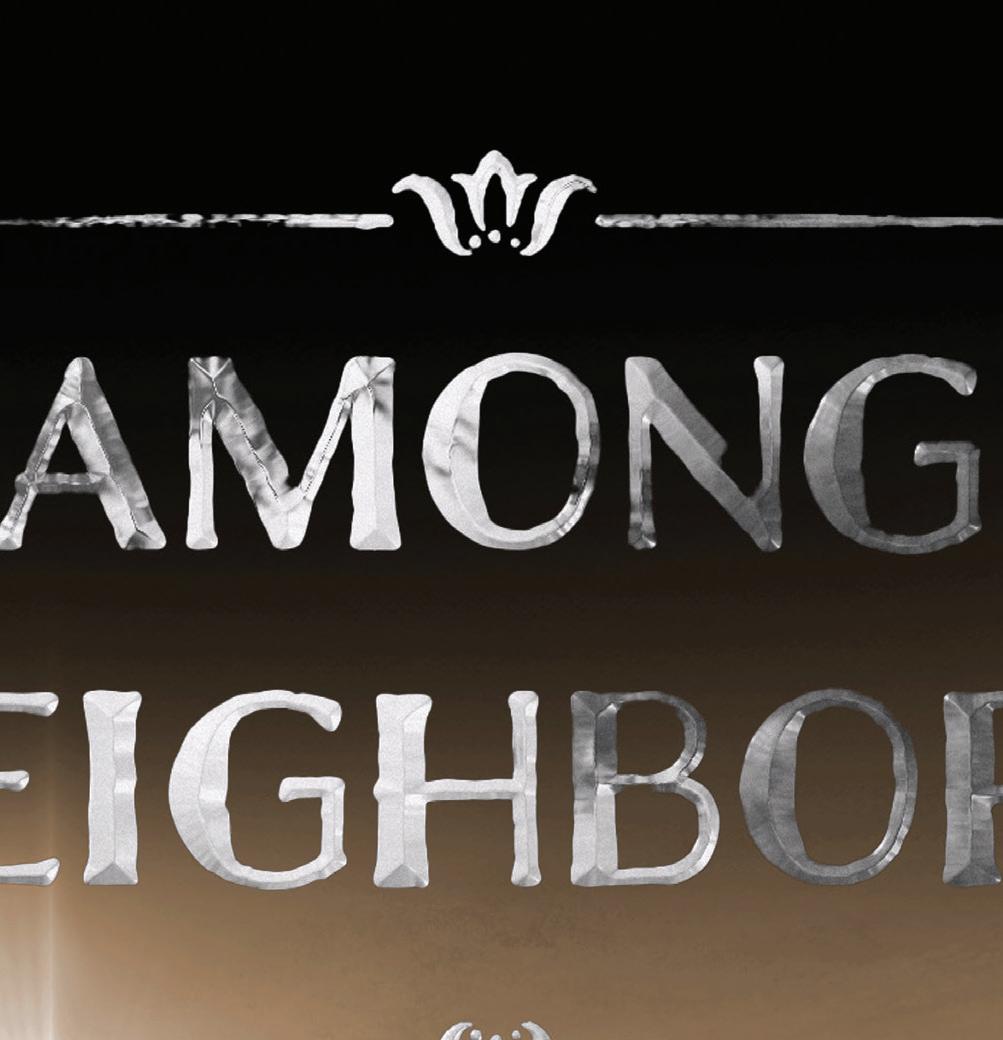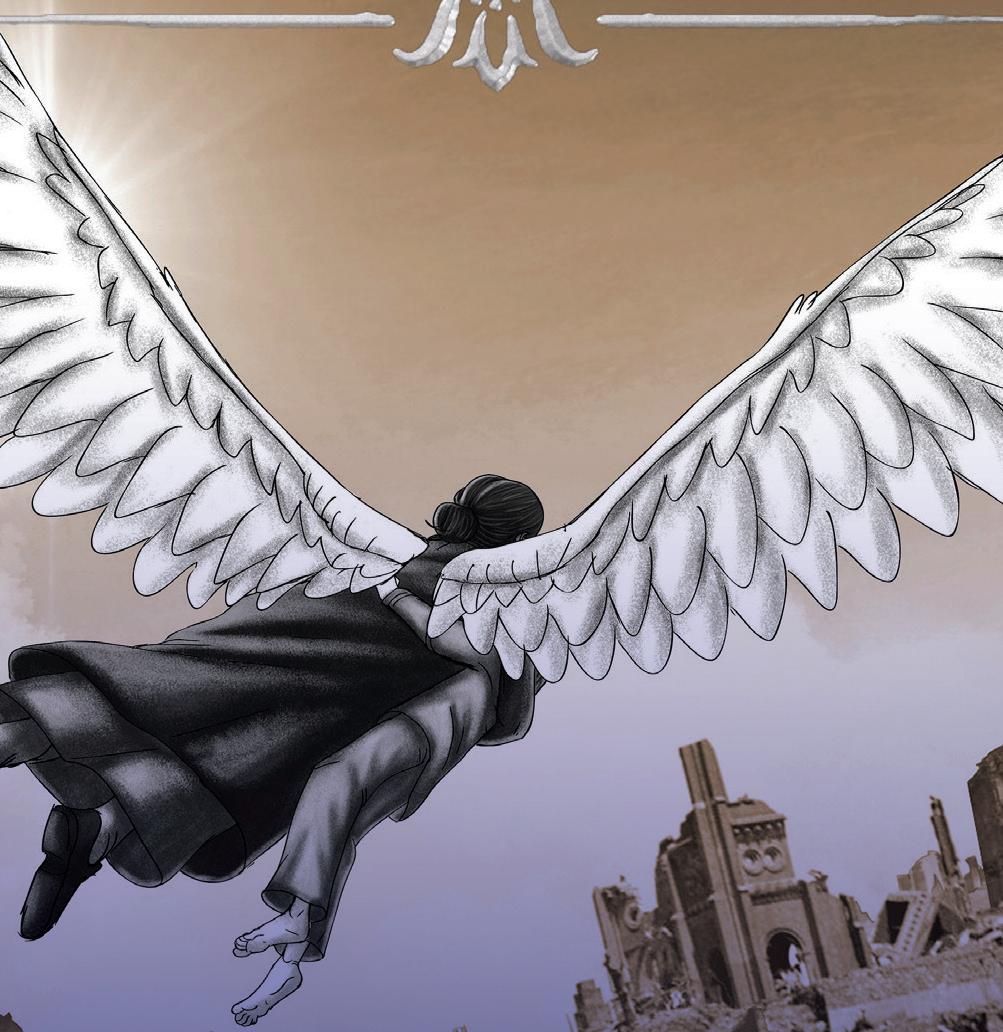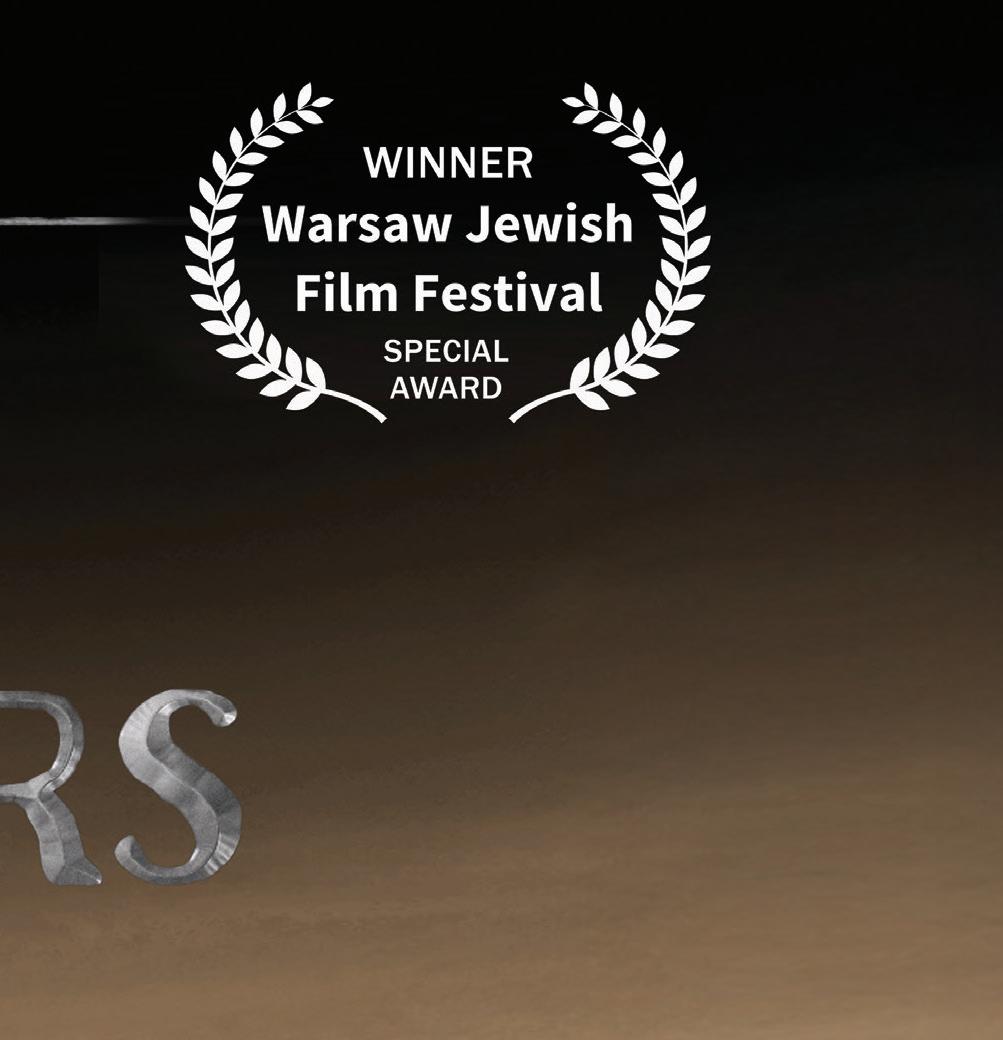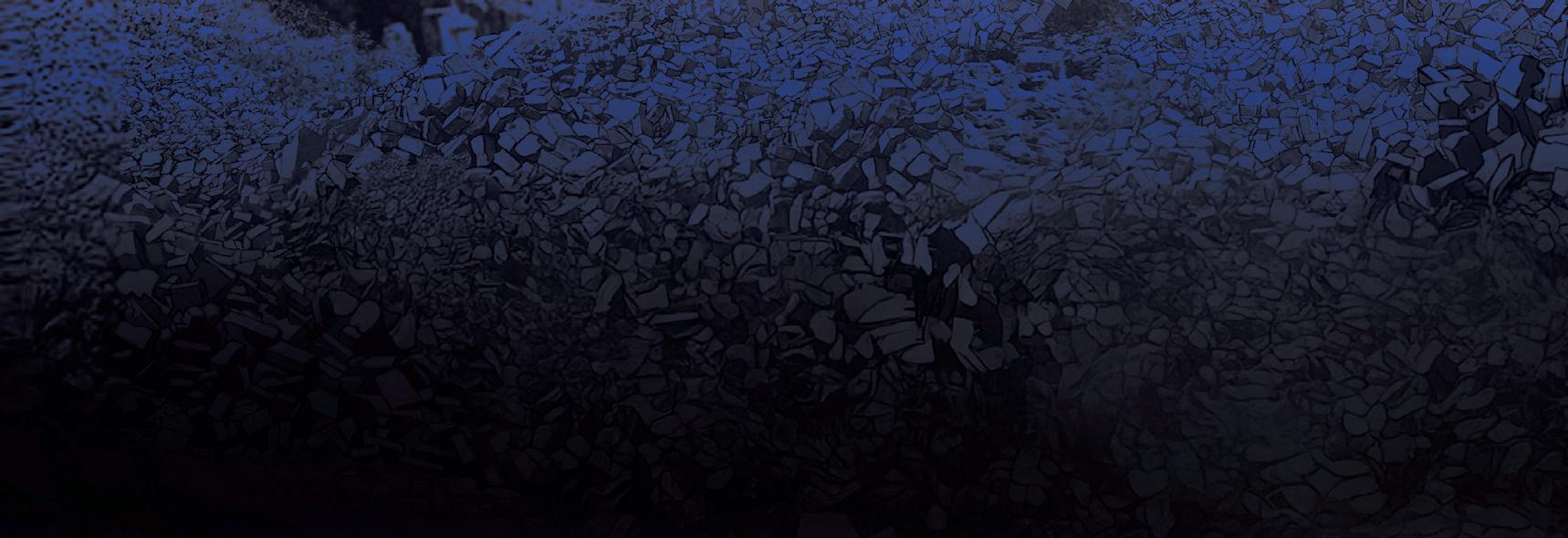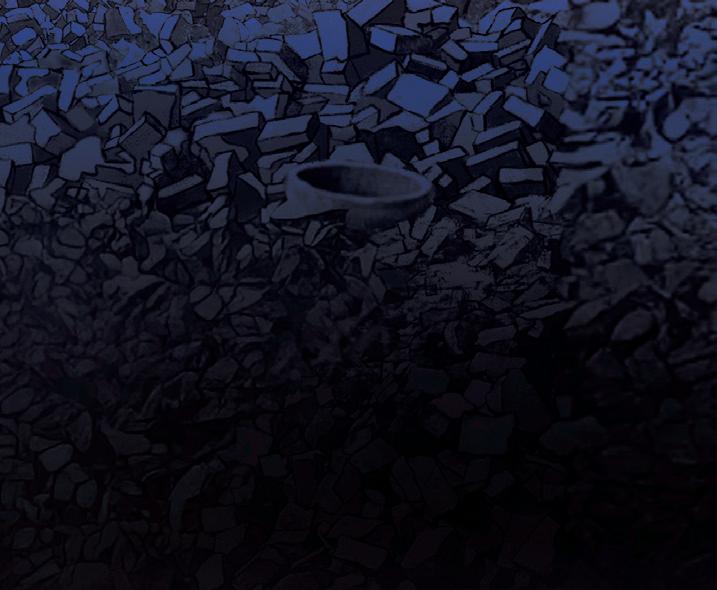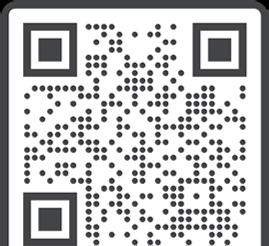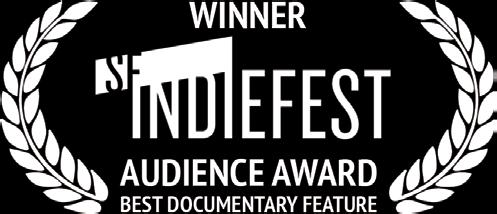
PLAY BALL
March 23rd event features Jewish baseball pro Ryan Lavarnway
COMMUNITY BANKING
Learn about Scottsdale Community Bank, one of a few in the state



March 23rd event features Jewish baseball pro Ryan Lavarnway
Learn about Scottsdale Community Bank, one of a few in the state

MALA BLOMQUIST | MANAGING EDITOR
Loay Ahmed Alshareef admitted that he was once filled with hostility and anger toward Israel, and Jews. The Arab and Muslim peace activist and social media influencer told his story to a crowd of nearly 750 at the JW Desert Ridge Marriott Grand Saguaro Ballroom in Phoenix on Feb. 13, at the Jewish National Fund-USA Breakfast for Israel.
“This is what we learned at school,” he said. “And what I knew about Jews at that time was ‘The Protocols of the Elders of Zion’ and the Egyptian TV dramas that depicted these protocols in telling the world, telling my fellow Arabs and Muslims, just how bad the Jews are.”
His views of Jews changed in 2010, when he signed up for a program in French language immersion where he would live with a family to boost his language journey.
When completing the paperwork for the program, he remembered questions about whether he wanted to be put with a family that had pets or be placed in a specific neighborhood in Paris, but never a question about religion. Being from Jeddah, Saudi Arabia, he assumed he would be put with a Tunisian or Moroccan family.
“The real surprise was entering the house and seeing a big Magen David in the living room — I was about to scream,” he said. He had been placed with a Yemenite Jewish host family.
Everything he had learned about Jews came flooding into his mind. He immediately wrote to the school and asked for a transfer because he didn’t feel comfortable staying with a Jewish family.
SEE SPEAKER, PAGE 2
Several leaders of Arizona State University’s (ASU) major Jewish organizations released a joint statement on Wednesday refuting the recent federal allegations of antisemitic discrimination and harassment on their Tempe campus.
The statement acknowledges that while antisemitism is a reality faced by Jewish students and faculty on some college campuses in the United States, “ASU is not one of those campuses. As leaders of organizations that support the Jewish experience at ASU, we have consistently found that ASU’s campus culture enables Jewish students, faculty, and staff to thrive.”

Ariel Anbar, ASU Jewish Faculty and Staff Association chair; Debbie Yunker Kail, Hillel at ASU executive director; Hava Tirosh-Samuelson, ASU Jewish Studies director; and Rabbi Shmuel Tiechtel, Chabad at ASU director, signed and released their statement in defense of the university on Wednesday, March 12.
The statement is a response to a letter ASU, along with 60 other colleges and universities, received two days earlier from the U.S. Department of Education, which warned there would be consequences for undercutting Title VI protections for Jews on campus, including uninterrupted access to campus facilities and educational opportunities.
ASU, PAGE 3
The Valley of the Sun Jewish Community Center has a full calendar of events for kids, teens, adults, seniors, couples and families. See pullout on page J1.
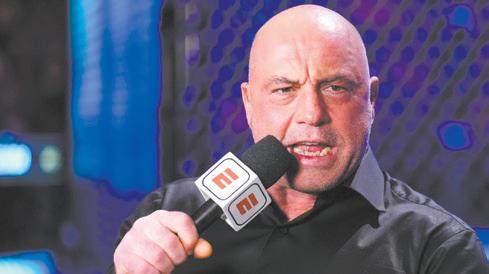
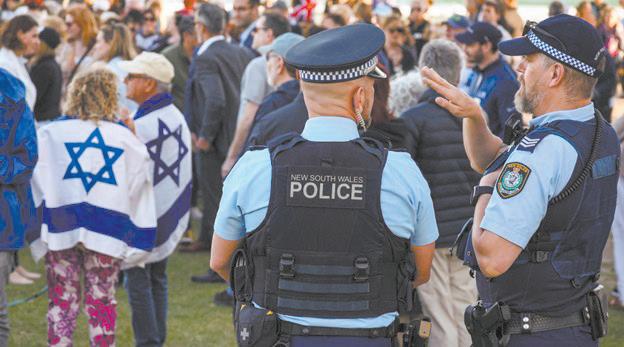

The school informed him that it would take a few days, maybe even a week, to find another family. In the meantime, the host mother, Rachel, invited him to Shabbat. “That’s the trick of the Jewish mothers, by the way,” he joked.
He remembered seeing her doing the Shabbat blessing and told her that he thought Jews didn’t really worship God. She told him he had the wrong idea and to let her teach him more about what Jews believe.

about her Judaism with her fellow council members and speaking out for her rights
January 6
January 20
January
February 3
January
August 25
“That was the moment that I decided to learn from the source, not from the adversaries of the Jews,” said Alshareef. “I opened my heart, and I thought, there is a struggle between what you were indoctrinated with and what you’re seeing with your own eyes, but you know what, I’ll give it a chance.”
September 1 September 8
He stayed with the Jewish family in France, but instead of learning French, he ended up learning Hebrew. He also realized how similar Hebrew was to Arabic.
February 17
our children after, King David. The King of Israel.’”
daughter with Down syndrome on KJZZ, National Public Radio’s Phoenix affiliate station.
Meyers was so captivated by the essays that he reached out to Silverman, and the two became friends.
Meyers was so captivated by the essays that he reached out to Silverman, and the two became friends.
He said that his tweet was factual and the reaction from Arabs and Muslims proved to him that he needed to speak up more about the history of Israel.
That’s how Stern first learned of the open council seat, but there’s no doubt she earned her position, Meyers said.
That’s how Stern first learned of the open council seat, but there’s no doubt she earned her position, Meyers said.
To become a council member, Stern had to apply and demonstrate that she had something valuable to contribute, he said.
1
February 3
March 10
When he returned home, he told his family and friends that he had different ideas about the Jewish people.
March 24
February 17
March 10
March 31
March 24
“I found the courage to say that the things we learned, not all of them were correct, and I believed that the Jewish people have a rich history and are very connected to the land of Israel,” he said.
April 7
March 31
April 21
April 7
May 5
April 21
May 19
June 9
May 5
May 19
July 14
June 9
August 4
July 14
August 18*
August 4
6
She already has some practice at
about her Judaism with her fellow council members and speaking out for her rights
“One time, I was in class and someone called me the R-word and I told him not to. The teacher was in the hallway and another student repeated the word,” she said. Rather than letting the situation go, she told her theater teacher, who was able
She already has some practice at
“One time, I was in class and someone called me the R-word and I told him not to. The teacher was in the hallway and another student repeated the word,” she said. Rather than letting the situation go, she told her theater teacher, who was able
“If someone has a disability, saying the R-word is like saying the F-word,” Stern said.
“If someone has a disability, saying the R-word is like saying the F-word,”
While performing in the musical “Hairspray,” she had another occasion to tangle with the offensive word, which
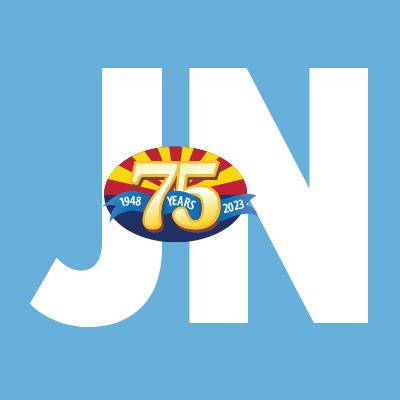
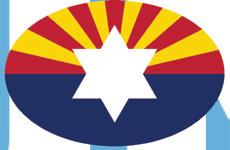
While performing in the musical “Hairspray,” she had another occasion to tangle with the offensive word, which
“That’s really bad and my friend said it on stage. I was not OK with that, so I went to the director and told her it was a bad word for people with disabilities, but she wouldn’t take it out,” Stern said.
8
15
September 15 October 6 October 13** October 20
13**
November 3
20
November 10
In 2017, three years before the Abraham Accords, Alshareef wrote a tweet that went viral in the Arab world in response to President Donald J. Trump’s recognition of Jerusalem as the capital of Israel and the announcement of the move of the U.S. embassy from Tel Aviv to Jerusalem.
August 18* August 25
Alshareef is an Arab and Muslim peace activist and social media influencer with more than 800,000 followers. He creates content related to languages and history, focusing on Arab-Israeli relations and taking a pro-peace stance.
“She’s on the council because she deserves to be on the council,” he said.
To become a council member, Stern had to apply and demonstrate that she had something valuable to contribute, he said.
Stern is creating a life and career as a member of her community, which makes her a great addition.
“I believe that theological history is Israel’s greatest weapon, and this is what I do on social media, and this is what I do on different platforms. I defend, not the government of Israel; I defend the legitimacy of Israel,” he said.
“She’s on the council because she deserves to be on the council,” he said. Stern is creating a life and career as a member of her community, which makes her a great addition.
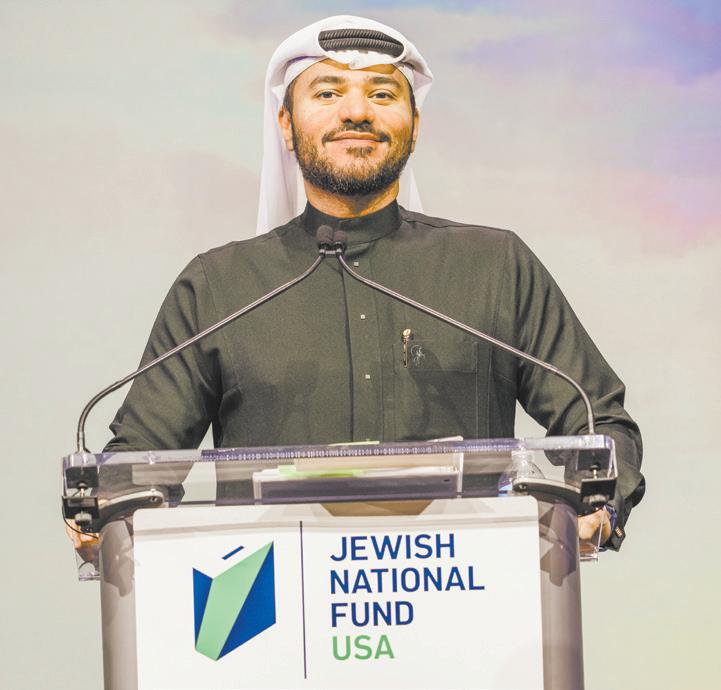
She let her mother know about the conflict and they were able to convince the director of the need to remove the
“That’s really bad and my friend said it on stage. I was not OK with that, so I went to the director and told her it was a bad word for people with disabilities, but she wouldn’t take it out,” Stern said.
She let her mother know about the conflict and they were able to convince the director of the need to remove the word from the script.
November 17
December 1
December 15
3 November 10 November 17 December 1 December 15
“In the tweet, I said, ‘The fact that Jerusalem is the capital of Israel is not a decision by this American president, but by the one who proclaimed Jerusalem as the national capital of the Kingdom of Israel, a person that we revere, honor and name
Israel is viewed by the Arab world as a foreign colonialist state, brought by the European white nationalists in the region.
Stern graduated from McClintock High School in Tempe last year and now attends Glendale Community College, with a focus on dance. She is a regular performer at Detour Company Theatre, a Scottsdale theatre company for adults with intellectual, developmental and physical disabilities.
“That Israel is a foreign entity,” he said. “Then look at us Arabs and Muslims. We name our children after prophets, kings and judges of that foreign entity without making the connection.”
of Magazine **Annual Directory
Stern graduated from McClintock High School in Tempe last year and now attends Glendale Community College, with a focus on dance. She is a regular performer at Detour Company Theatre, a Scottsdale theatre company for adults with intellectual, developmental and physical disabilities.
reaction when he saw the Western Wall for the first time.
“My friend Al was next to me when I told the director and he gave me the biggest hug ever and said that he loved me so much,” Stern said. Sadly, Al died in a car crash on Oct. 24, 2021.
Heart Can’t Even Believe It: A Story of Science, Love and Down Syndrome,” Silverman’s book about her daughter. When Gesher’s speakers’ bureau, Damon Brooks & Associates, was asked to find a speaker about Down syndrome for an event this spring, Hummell first asked Silverman to speak, thinking Stern might be too young.
In fact, when Stern attended her first council meeting in January, she couldn’t wait to tell people of her involvement with Detour and share information about its upcoming shows.
He said after Oct. 7, many in the Arab and Muslim world cheered for Hamas. But he spoke up immediately, condemning Hamas and defending Israel’s right to defend itself.
In fact, when Stern attended her first council meeting in January, she couldn’t wait to tell people of her involvement with Detour and share information about its upcoming shows.
“There’s no question that she is going to thrive,” Meyers said. “She’s very gregarious and passionate about the things that matter to her.”
Alshareef plans to visit Israel four times this year, but the first time he went, in November 2024, he had a profound
“I saw Jeremiah standing on the wall telling Jews that they will be taken as captives in the land of Babylon. I saw King David proclaiming Jerusalem as the capital of Israel, three thousand years ago,” he said. “I saw it in action. And I promised the souls of the prophets that I felt, and sensed, in the land of Israel when I was there, that I would keep doing this mission to bring Arabs and Israelis, Muslims and Jews closer, bridging the gap with knowledge, facts and the truth.” JN
Stern looks forward to sharing insights
“There’s no question that she is going to thrive,” Meyers said. “She’s very gregarious and passionate about the things that matter to her.”
Stern looks forward to sharing insights
“That was hard; it’s very hard to get emotions out and I was very, very upset,” she said.
“My friend Al was next to me when I told the director and he gave me the biggest hug ever and said that he loved me so much,” Stern said. Sadly, Al died in a car crash on Oct. 24, 2021.
“That was hard; it’s very hard to get emotions out and I was very, very upset,” she said.
On the recent anniversary of his death, Stern made a cake and took it to the crash site.
Heart Can’t Even Believe It: A Story of Science, Love and Down Syndrome,” Silverman’s book about her daughter. When Gesher’s speakers’ bureau, Damon Brooks & Associates, was asked to find a speaker about Down syndrome for an event this spring, Hummell first asked Silverman to speak, thinking Stern might be too young.
They decided instead that Stern should tell her own story; it’s a real bonus that she is not afraid of public speaking.
“It’s not the same when someone tries to tell a person’s story for them,” Hummell said.
They decided instead that Stern should tell her own story; it’s a real bonus that she is not afraid of public speaking.
“It’s not the same when someone tries to tell a person’s story for them,” Hummell said.
“I don’t know how I did it without crying. I’m so proud of myself,” she said.
On the recent anniversary of his death, Stern made a cake and took it to the crash site.
Amy Hummell, executive director of Gesher Disability Resources, agreed that Stern is a good fit for ADDPC because of her ability to self-advocate.
“I don’t know how I did it without crying. I’m so proud of myself,” she said.
Additionally, helping people with disabilities find jobs was one of the reasons for acquiring the bureau. Unemployment in the disability community is upwards of 75% and of that percentage, 75% are ready, willing and able to work — but haven’t been given the opportunity, Hummell said.
Hummell co-hosted a book event with Meyers a few years ago for “My
Amy Hummell, executive director of Gesher Disability Resources, agreed that Stern is a good fit for ADDPC because of her ability to self-advocate.
For more information about Jewish National Fund-USA, visit jnf.org.
Hummell co-hosted a book event with Meyers a few years ago for “My
Additionally, helping people with disabilities find jobs was one of the reasons for acquiring the bureau. Unemployment in the disability community is upwards of 75% and of that percentage, 75% are ready, willing and able to work — but haven’t been given the opportunity, Hummell said.
“People have it in them to speak up but don’t know how, and often they’re not cheered on. Sophie has family support
“People have it in them to speak up but don’t know how, and often they’re not cheered on. Sophie has family support
Phone: 602.870.9470 | Fax: 602.870.0426 | editor@jewishaz.com | advertising@jewishaz.com subscriptions@jewishaz.com | www.jewishaz.com
12701 N. Scottsdale Road, Suite 201, Scottsdale, AZ 85254 Phone: 602.870.9470 | editor@jewishaz.com | advertising@jewishaz.com subscriptions@jewishaz.com | www.jewishaz.com
PUBLISHER
PUBLISHER
12701 N. Scottsdale Road, Suite 201, Scottsdale, AZ 85254 Phone: 602.870.9470 | Fax: 602.870.0426 | editor@jewishaz.com | advertising@jewishaz.com subscriptions@jewishaz.com | www.jewishaz.com
Jewish Community Foundation of Greater Phoenix
Jewish Community Foundation of Greater Phoenix
PUBLISHER
ADVERTISING
SENIOR ACCOUNT EXECUTIVE Jodi Lipson | 602.639.5866 jlipson@jewishaz.com
Jodi Lipson | 602.639.5866 jlipson@jewishaz.com
ASSOCIATE PUBLISHER Rich Solomon | 602.639.5861 rsolomon@jewishaz.com
Jewish Community Foundation of Greater Phoenix
GENERAL MANAGER Rich Solomon | 602.639.5861 rsolomon@jewishaz.com
GENERAL MANAGER
MANAGING EDITOR Mala Blomquist | 602.639.5855 mblomquist@jewishaz.com
Rich Solomon | 602.639.5861 rsolomon@jewishaz.com
MANAGING EDITOR Mala Blomquist | 602.639.5855 mblomquist@jewishaz.com
MANAGING EDITOR Mala Blomquist | 602.639.5855 mblomquist@jewishaz.com
STAFF WRITER Shannon Levitt | 602.639.5854 slevitt@jewishaz.com
STAFF WRITER Shannon Levitt | 602.639.5854 slevitt@jewishaz.com
STAFF WRITER
Shannon Levitt | 602.639.5854 slevitt@jewishaz.com
ADVERTISING SALES CONSULTANT Jodi Lipson | 602.639.5866 jlipson@jewishaz.com
SUBSCRIPTIONS 602.870.9470 x 1 subscriptions@jewishaz.com
SUBSCRIPTIONS 602.870.9470 x 1 subscriptions@jewishaz.com
GRAPHIC DESIGNER
GRAPHIC DESIGNER Ricki Urban | 602.870.9470 X 2 advertising@jewishaz.com
SUBSCRIPTIONS 602.870.9470 x 1 subscriptions@jewishaz.com
Ebony Brown | 410.902.2333 ads_phoenixjn@midatlanticmedia.com
GRAPHIC DESIGNER Ebony Brown | 410.902.2333 ads_phoenixjn@midatlanticmedia.com

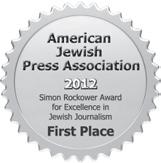

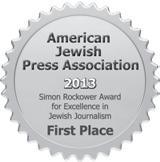

Title VI of the Civil Rights Act prohibits discrimination against people on the basis of race, color or national origin among institutions receiving federal funding, including public universities.
According to an ASU spokesperson, the investigations into American colleges and universities originated in 2023 based on complaints by the editor of Campus Reform. Campus Reform is a website that calls itself “a conservative watchdog in the nation’s higher education system,” whose mission is to “expose leftist bias and abuse on the nation’s college campuses” by encouraging “student activists” to report on what they perceive to be campus misconduct.
“ASU condemns antisemitism and other hateful rhetoric in all its forms,” an ASU spokesperson responded to Campus Reform in 2023.
After the Hamas attack on Israel on Oct. 7, 2023, ASU was one among many American universities that struggled with how to respond to pro-Palestinian protests and encampments. The administration prohibited the latter. Last April, dozens of protesters were arrested after refusing police orders to put down their megaphones and leave their encampment on the Alumni Lawn.
In their statement, ASU’s Jewish leaders praised ASU for providing “both symbolic and tangible support to Jews on campus and in the broader academic community around the world” after Oct. 7.
The statement singled out the leadership of ASU President Michael Crow, who, they said, “welcomes everyone and encourages their robust and responsible free expression. Rare incidents that challenge these norms are dealt with by administration swiftly and effectively.”
The Jewish leaders also pointed out that Crow received an honorary doctoral degree from Ben-Gurion University of the Negev (BGU) during its 54th annual board of governors meeting last May.
“ASU’s campus culture is a consequence of leaders who take the ASU Charter seriously, which includes proactively combating antisemitism through specific actions in support of the Jewish community,” reads the statement.
To bolster their position, the Jewish leaders cited the Anti-Defamation League’s (ADL) 2025 “report card,” rating Jewish life on the ASU campus to be “excellent,” with “low to none” concerns about a hostile climate. “We agree,” said the Jewish leaders, who bolded those words in the statement.
Ironically, the letter taking ASU to task regarding antisemitism arrived a month before the university is hosting “Rising Above Together,” the first annual conference on antisemitism and hate in partnership with ADL’s Desert Region.
“The primary role of ADL is to provide education and resources to combat


antisemitism in our community,” Deputy Regional Director for ADL’s Desert Region Sarah Kader told Jewish News.
Kader stressed the ADL’s gratitude toward ASU, which she called “a leader in fighting antisemitism and hate.” She said this conference will be the first of its kind in Arizona, and the nation, because of the partnership with a university.
“We are hoping this can be a model,” she said.
The conference on Friday, April 11, will break into five different tracks after introductory remarks by Eric Ward, executive director of Western States Center, and Oren Segal, vice president of ADL’s Center on Extremism. One of those tracks, “Rising Above Hate on Campus,” will focus on antisemitism and feature ASU staff, both Jewish and nonJewish, and Jewish students.
The conference will also include business and faith leaders, law enforcement and elected officials, including Arizona’s Attorney General Kris Mayes.
“The goal is to bring together communal leaders from various sectors to learn from experts on antisemitism, make connections with each other and leave with a greater understanding about how to fight it when they see it,” Kader said.
Despite all this, Secretary of Education Linda McMahon still asserts that Jewish students at ASU are under antisemitic threat.
“The Department is deeply disappointed that Jewish students studying on
elite U.S. campuses continue to fear for their safety amid the relentless antisemitic eruptions that have severely disrupted campus life for more than a year,” she said on Monday.
The letter is in keeping with President Donald Trump’s executive order, “Additional Measures to Combat Antisemitism,” which advocates for monitoring and reporting on non-citizen students and staff, including the deportation of those who take part in pro-Palestinian protests.
Though there were pro-Palestinian protests at both the University of Arizona in Tucson and Northern Arizona University in Flagstaff, neither received the same letter from the Department of Education.
In their statement defending ASU against charges of antisemitism, the Jewish leaders said they “take deep pride in our ASU community, and the mutual respect it encourages for all who come to learn, teach and research.”
Once again, the leaders praised the supportive posture of the university president, who recently took part in Hillel at ASU’s annual gala.
“ASU remains committed to the success and the well-being of our Jewish students, our Jewish families and our Jewish community in every possible way,” he told attendees.
The Jewish leaders’ statement expressed their gratitude for ASU’s leaders, who “serve as true partners in ensuring a positive Jewish experience.”
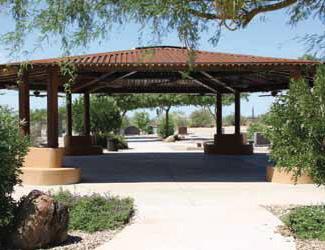
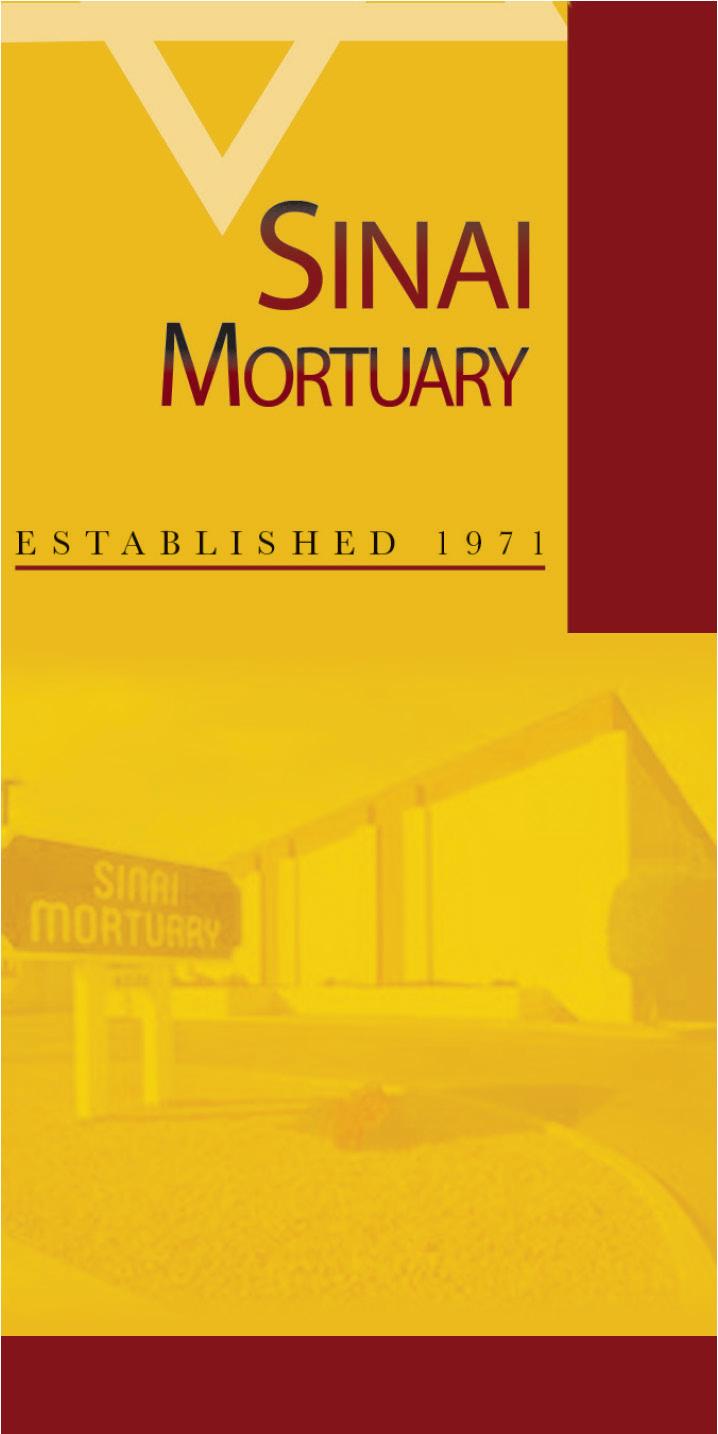

SHANNON LEVITT | STAFF WRITER
The Jewish Community Relations Council (JCRC) of Greater Phoenix is hosting two significant community events this month under the leadership of Amanda Garcia, the interim executive director. Garcia, who has served the organization since late 2023 as its associate director, took over the top job when Paul Rockower, the former director, left at the end of January.
“Stepping into leadership with the JCRC is both an honor and a responsibility, especially in this unique political moment,” Garcia told Jewish News.
“JCRC has an important role in ensuring that Jewish perspectives are represented in public spaces, which requires fostering understanding, trust and collaboration within the Jewish community, and maintaining strong relationships with allies,” she said.
In that vein, the JCRC’s Latino-Jewish Seder on Wednesday, March 26, is an event premised on the idea that building connections between the Jewish and
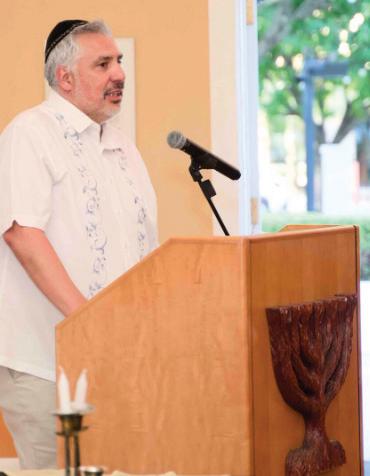
Latino communities in the Valley is a worthwhile, even critical, thing to do.
Garcia acknowledged that some in the Jewish community felt let down by

groups they had come to see as allies after Oct. 7. The war in Gaza has created divisions, but she is determined to continue JCRC’s outreach mission.

in Hebrew, they know how to dip a piece of parsley in hot water,” she told Jewish News.
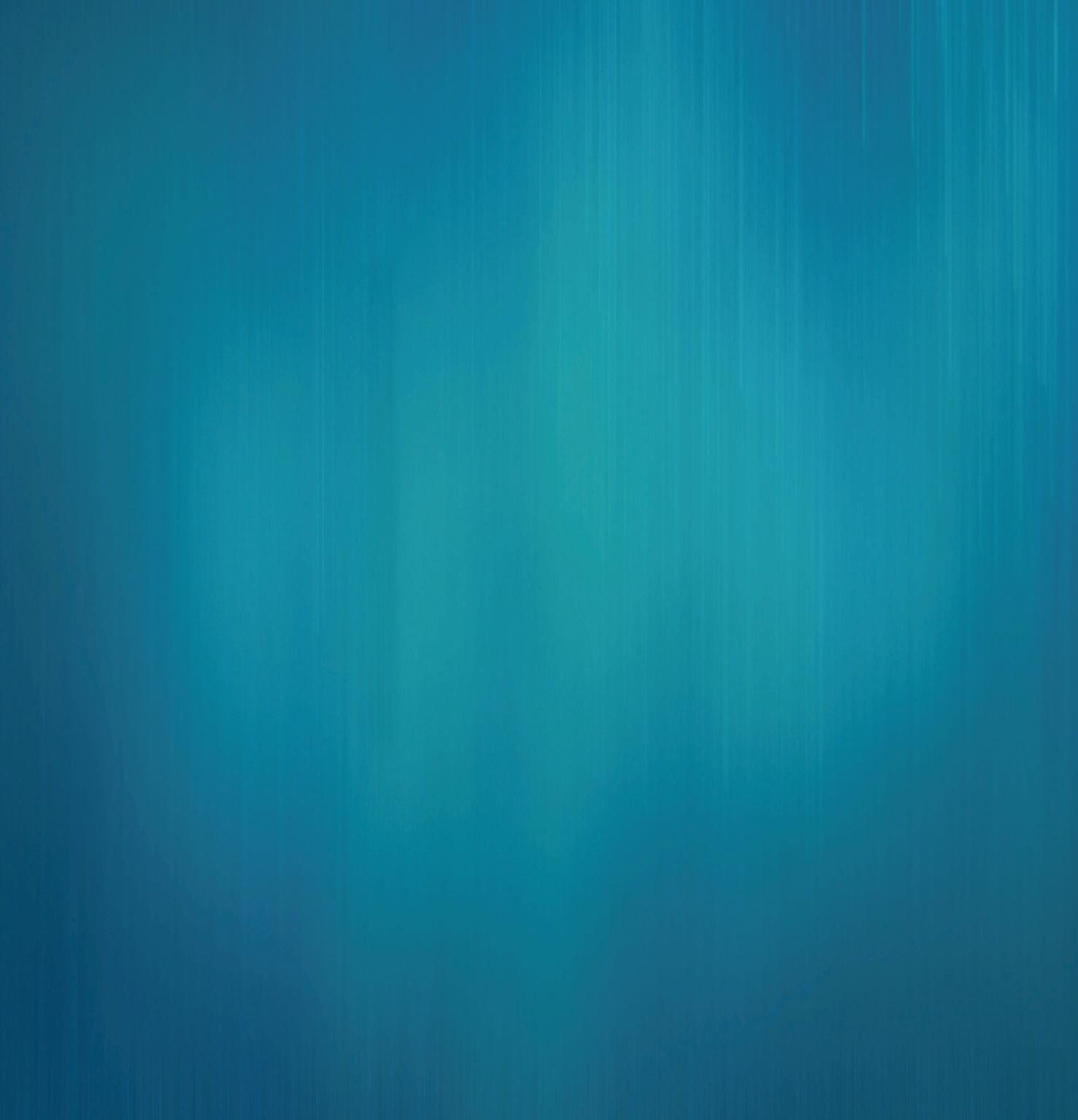
“You can’t stop doing that work. We can’t stop having conversations and building each other up, so that all boats rise. I’m hoping that this Seder brings us all together, in both familiar and new ways, so we can find common ground,” she said.
The Seder has been an annual event for more than two decades. The COVID19 pandemic interrupted it for a few years, but began anew under Garcia’s leadership.
Last year’s crowd filled the venue nearly to capacity, and Garcia is optimistic there will be even more people at this year’s invite-only event.


Attendees will receive a Haggadah, incorporating all the traditional holiday elements, as well as quotes from leaders of both the Jewish and Latino communities. At each table will be a mix of Jews and non-Jews to create a good discussion based on the holiday’s themes: migration, identity, religion and drawing on parallels between the Exodus story and what’s going on in the world at present. Additionally, people will be able to share their own stories and points of view.
Rabbi Emily Langowitz will lead this year’s event. She attended last year as a guest and hopes to build on that experience. Helpfully, she sees Passover as one of the more accessible Jewish holidays for those of other faiths.
“It’s a story everyone can relate to, and the rituals are very interactive. Even if someone isn’t sure what’s being said
Langowitz, who heads the Women’s Leadership Institute, also loves Passover’s songs, and Temple Solel Cantor Todd Herzog will be there to keep the music flowing. Though Langowitz hasn’t hosted a Seder for non-Jews before, she said one of her favorite things is making those rituals she finds joyous and meaningful relevant to others, especially at a time when many marginalized people feel on guard.
“At a time when both the Jewish and Latino communities are feeling vulnerable, we are hoping the Seder will help people build relationships and feel connected by shared stories. We’re going to make the Seder as interactive and fun as possible so that everyone feels like they can participate and take something away from the evening,” she said.
She also noted that several of the attendees will be Jewish Latinos, and having the chance to honor all parts of one’s identity is something special.
Carlos Galindo-Elvira, a Jewish Latino who was one of the Seder’s original organizers, sees himself “as a bridge between the two communities.” He is also the current city council representative of Phoenix’s District 7, and the Seder takes place in District 7.
“How could I not be a part of it?” he joked. “Especially when the aim is to bring two distinct communities together to celebrate freedom, and at a time when we really need to remember the stranger.”
MALA BLOMQUIST | MANAGING EDITOR
Ryan Lavarnway started playing baseball when he was 5 years old, attended Yale University, where he set National Collegiate Athletic Association (NCAA) records for batting and slugging percentages, won the World Series with the Boston Red Sox in 2013, was inducted into the Southern California Jewish Sports Hall of Fame in 2019 and spent multiple years playing with the Israel National Baseball Team (Team Israel).
He retired from playing two years ago and now coaches in a “roving capacity.” He gives motivational speeches to Jewish and non-Jewish audiences across the country.
Lavarnway is currently in Arizona coaching the Chicago Cubs during spring training. On Sunday, March 23 at 3 p.m., he will read from his children’s book, “Baseball and Belonging,” answer audience questions and play some Wiffle Ball with the kids at an event presented by NowGen and PJ Library, both programs of the Center for Jewish Philanthropy of Greater Phoenix, and other Jewish organizations.
Lavarnway’s mom is Jewish, and his father is not, so growing up he always felt “half or neither” when it came to religion. “As a 28-year-old actually playing for Team Israel and representing Israel internationally, I really found my place in the Jewish community and then my own Jewish identity afterward,” he said.
He played on Team Israel in the 2016 World Baseball Classic qualifier, the 2017 World Baseball Classic tournament, the 2021 Tokyo Olympics and the 2023 World Baseball Classic. In the 2023 European Championships, they named him as the first-ever captain of the national team.
“If you ever want to feel proud of your Judaism, put Israel across your chest and stand on the line while ‘Hatikvah,’ the Israeli National Anthem plays,” he said. “Looking out in the stands and seeing these Jewish kids and Jewish fans have a team of Jews to root for, really made me want to be a role model for this community.”
One of his favorite baseball memories was during the 2017 tournament when Team Israel was playing the South Korean home team in a sold-out stadium. One of his best friends on the team, Josh Zeid, had been the losing pitcher when the team tried to qualify four years earlier.
“When we finally got the win, there was so much emotion,” he said. “There had been so much that had gone into that game, and even though it was the first game of this tournament, it was proof that

“LOOKING OUT IN THE STANDS AND SEEING THESE JEWISH KIDS AND JEWISH FANS HAVE A TEAM OF JEWS TO ROOT FOR, REALLY MADE ME WANT TO BE A ROLE MODEL FOR THIS COMMUNITY.”
RYAN LAVARNWAY
we belonged there. As a team of Jewish baseball players, we could compete with anyone in the world.”
Team Israel has asked him to play in the European Championships again this September, but he has yet to decide if he will return.
Lavarnway was featured in both films made about Team Israel: “Heading Home: The Tale of Team Israel” in 2018 and “Israel Swings for Gold” in 2024.
After “Heading Home” premiered, he started traveling with the film to Jewish film festivals and participating in Q&A sessions after the movie was shown.
“Everyone in the audience would come up to me afterward and say, ‘Your story is so powerful. You should go tell your story; people need to hear it.’”
So, he started speaking to Hillel groups on college campuses, adult audiences and temples all over the country. Finally, his rabbi at Temple Emanuel in Denver, Colorado, told him it would be a mitzvah if he turned his story into a children’s book because he felt kids needed to hear the story and would be able to relate to it.
“It took me a few tries to get it right, and it’s one of the most humbling experiences I’ve ever had — to publish a book,” he said. “I’m proud of what came of it, and it’s meant a lot to many people. I’ve got some really nice letters in the mail from people.”

One special moment took place at a book event at Chabad House of Greater Boston youth summer camp last year. He told the counselors that he had never had a bar mitzvah, and they said, “Let’s do it right now!”
“I put on the tefillin, and a bunch of counselors hoisted me up in a chair and I had a bar mitzvah,” he said.
Looking back, Lavarnway said that it’s ironic that always having games on the weekend made going to temple difficult when he was younger. Baseball had kept him away from Judaism, and now it has brought him back.
He enjoys doing community events and engaging young people. He hopes they see themselves in his story.
“I want them to see that Judaism can be a choice, that it can be cool, that you can do the things you love and also find your place in the Jewish community — and they’re not mutually exclusive,” said Lavarnway. “And then I want to play some ball and be a kid again.” JN
For more information on Ryan Lavarnway, visit ryanlavarnway.com; to register for the event on March 23, visit phoenixcjp.regfox.com/ nowgen-ryan-lavarnway-event-1001-3.
Jewish News is published by the Jewish Community Foundation of Greater Phoenix, a component of the Center for Jewish Philanthropy of Greater Phoenix.

heard. Email your letters to the editor.
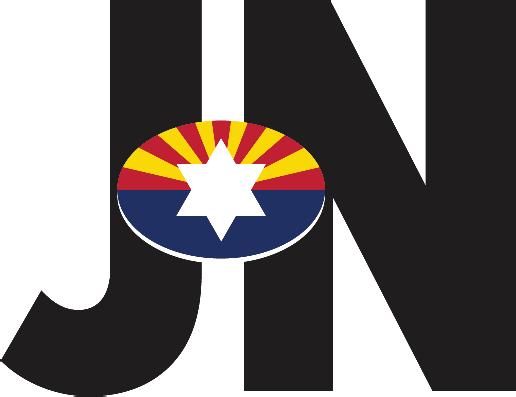
SHANNON LEVITT | STAFF WRITER
On Monday, Feb. 17, David N. Myers, a Jewish history professor at the University of California, Los Angeles, grappled with the history of American Jews and their shifting attitudes towards Israel before an audience at the Valley of the Sun Jewish Community Center in Scottsdale. Myers is the current resident scholar for Arizona State University’s Jewish Studies Albert and Liese Eckstein Scholar-in-Residence Program.
Tim Eckstein, the grandson of Albert and Liese Eckstein, opened the evening by telling a bit of his family’s history, why they initially founded the program in 1978 and their relationship to the topic at hand.
Albert and Liese Eckstein were born in Europe in the early 20th century. Albert took part in a Zionist scouting troupe and became a Zionist at a young age.
“The time in which they were born was a time of shifting attitudes towards Zionism. In fact, the modern conception of Zionism wasn’t much older than my grandparents,” he said.
The First Zionist Congress was held in 1897, only a few years before their births. When his grandfather arrived in the United States in 1926, he was kept out of medical school thanks to the university quota system that allowed in only a certain number of Jews. Ironically, he ended up going to Germany to study.
The Ecksteins moved back to the U.S. in 1936, but experienced increasing levels of antisemitism due to the Nazis’ rise to power.
“When the State of Israel was founded in 1948, there was never any doubt for either of them of its import both on a very personal and visceral level,” Eckstein said.
As someone born in 1970, his own experiences of being Jewish have been very different. Oct. 7 has “had an impact
on my subjective shifting views toward Israel,” he said. He then handed the microphone to Myers, asking how young American Jews view Israel, why some have distanced themselves from it while others have become more attached and “what that portends for the future.”
Myers began by talking about an emerging consensus among American Jews in their thinking about Israel. Paraphrasing the American sociologist Robert Bellah on the topic of religion and society, Myers said that in the U.S., “a sense of deep commitment to the State of Israel assumed the status of what we might call ‘civic religion.’”
He then backtracked a bit to sketch out how American Jews arrived at that after very serious disagreements about the idea of Zionism throughout the end of the 19th century, through much of the 20th century. He took the audience through four stages of shifting attitudes: Americanization, integration, institutionalization, elation and, more recently, fragmentation.
Myers talked about disagreements between American Jews who wanted to be seen as Americans, who happened to be Jewish, rather than as people with distinct nationalist intentions involving another country. Others felt that in the face of systemic antisemitism, Americans would always see them as not fully American and the only safety would come in the form of a Jewish state. Supreme Court Justice Louis Brandeis believed this distinction didn’t matter. He said, “To be good Americans, we must be better Jews, and to be better Jews, we must become Zionists.”
Myers then talked about the ramifications of the Holocaust and the birth of Israel in 1948, and how that fortified a more pro-Zionist position, something that grew after Israel’s

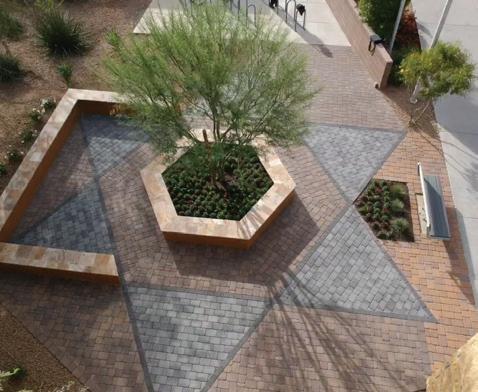
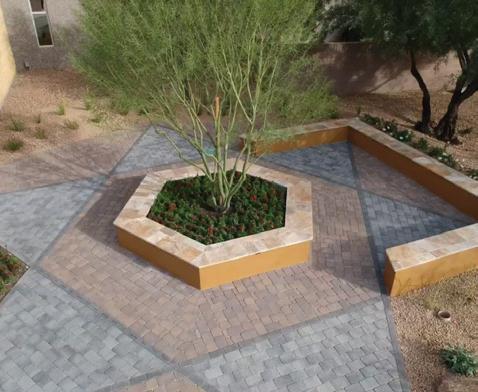
war in 1967. Most American Jewish organizations were thoroughly pro-Israel by then, as were most American Jews. This sense of Jewish pride and elation only took a hit once Israel began occupying the lands it controlled after the war. Internationally, the idea that Zionism was racist developed. The 1973 war also gave American Jews pause and hope for a peace treaty.
“In 1973, we see the emergence of a group of Jewish intellectuals and rabbis in the United States that sought to promote the idea that it was a moral and political obligation for Israel to engage in direct talks with Palestinians, and ultimately to grant Palestinians to enable Palestinians to achieve self-determination in the form of two states,” Myers explained.
This was before mainstream Jewish organizations began talking about a two-state solution, demonstrating the emerging cracks in the American understanding of Zionism. Israel’s invasion of Lebanon in 1982 opened the door even wider.
“For the first time, those who had defined themselves as Zionists over the last several decades began to ask themselves if the policies of the State of Israel were aligned with their values,” he said.
After the First Intifada and the Oslo peace process in the 1990s, “it seemed like the arc of history might be bending towards justice.” But in 1995, Israeli Prime Minister Yitzhak Rabin was assassinated, leading to the rise of Benjamin Netanyahu. Netanyahu has remained a fixture in Israeli politics, even when he was not its leader, ever since. He has consistently criticized the peace process.
The Second Intifada in 2005 changed how American Jews publicly discussed Israel. They became much more reticent to critique its government publicly. In 2013, Pew Research released a poll showing that seven in 10 American Jews were either somewhat or very emotionally attached to Israel. The following year, the conflict between Israel and Hamas intensified and violent reprisals into Gaza increased.
Seven years later, Pew released another poll showing that while 67% of Jews over the age of 60 feel themselves very or somewhat attached to Israel, only 48% of Jews between 18 and 29 feel that way. In the intervening years, several groups led by young American Jews and critical of the Israeli government and its policies toward Palestinians have formed.
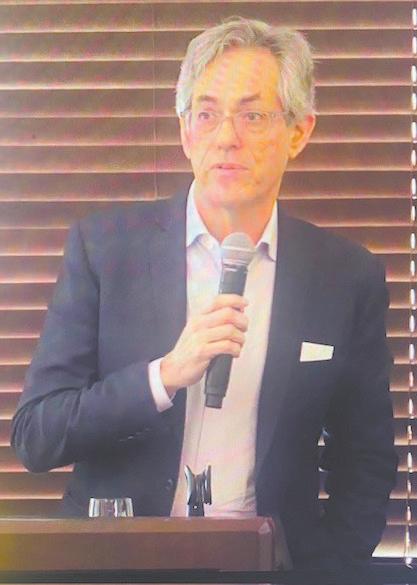
“This reflects an important generational development that what had emerged as a consensual view within the organized Jewish community was now going to be challenged, not only on ideological grounds, but on generational grounds as well,” Myers said.
Myers suggested that Oct. 7 might shift those dynamics again. Certainly, more American Jews — 77% of them according to a survey by the American Jewish Committee — have said they feel antisemitism is a threat after Oct. 7. What it all means is far from a settled question. Indeed, divisions are only likely to increase in the current political climate as are fractures within and between generations, he said.
However, he ended on a note of optimism about Jewish resilience even in the face of fracture.
“I have a good deal of confidence in the resilience of Jews to weather divergence and controversy. Learning to live with and talk across differences will require humility in understanding, sincere listening to the views of others with whom we might not agree, and open-mindedness and empathy. This has been the hallmark of the modern Jewish experience, and indeed of American Jewish attitudes towards Zionism and Israel,” he said. JN
To learn more, visit jewishstudies.asu.edu.
Tim Eckstein is the son of Paul and Florence “Flo” Newmark Eckstein, publishers of the Jewish News of Greater Phoenix from 1981 to 2013.
His hope for the event is the same as it’s always been: “to create lasting dialogue and opportunities for generational change.”
The week before the Seder, JCRC will present another event to foster dialogue and community building, this time between the Valley’s Black and Jewish communities. On Thursday, March 20, JCRC is hosting “A Night of Sports, Comedy & Community,” presented by Valley Jewish Sports Professionals (VJSP) and Black Sports Professionals Phoenix (BSP | PHX).
Rising comedy stand-ups Eitan Levine and Gastor Almonte will highlight VJSP’s kickoff event. The venue has special significance for this event, because it housed the first Orthodox synagogue in the Valley and also served as home to the Black Theatre Troupe in the 1980s.
Adam Metzendorf, JCRC board member and director of business operations for the Phoenix Mercury, sees overlap between the Black and Jewish communities in the sports and entertainment industries, and said they have historically been allied.
“However, there has been a strain on this allyship, mainly due to divisive domestic social media posts, polarization on geopolitical diplomacy and a general
lack of exposure to other cultures,” he told Jewish News.
However, as someone who feels close to both communities, Metzendorf feels strongly about protecting both groups, which “have been affected in an outsized way” by a rise in hate. JCRC is an organization well placed to address his concern, and comedy offers a soft entry to engage in more difficult conversations later.
“What better way to bridge divides than through laughter and our shared love of sports?” Metzendorf asked.
He is no naif and doesn’t think one night of comedy will offer lasting solutions, but it is a way “to encourage people to differentiate policy from identity, to see your colleague as a person and not a perception and to create friendships so whenever one faces hate, regardless of the need to understand or agree with the specifics of the situation, we can understand our friend is hurting and be there for them as a person.”
Garcia said that while there was some initial hesitation from JCRC members, who wondered, “How does this fit?,” she is excited about future doors that could open and courses that could be taken. The March event will offer a “proof of concept to do more and different types of things,” she said.
Leadership changes bring opportunities to reset and reevaluate what’s happening

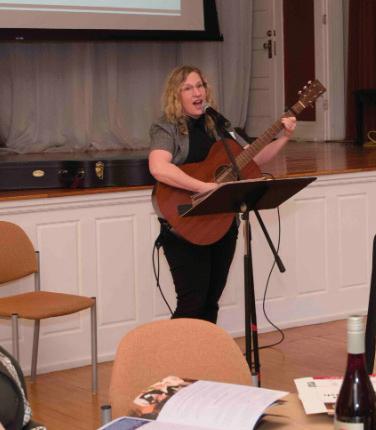
“AT A TIME WHEN BOTH THE JEWISH AND LATINO COMMUNITIES ARE FEELING VULNERABLE, WE ARE HOPING THE SEDER WILL HELP PEOPLE BUILD RELATIONSHIPS AND FEEL CONNECTED BY SHARED STORIES.”
inside the organization, she said. Thus, she is taking her time exploring new projects, bringing people together and finding common ground. She shies from the spotlight but revels “in doing the work and making connections,” she said.
“We are very enthusiastic for the future and the next phase of the JCRC’s growth and success,” JCRC Board Chair Alan Zeichick told Jewish News in an email. JN For more information, visit jcrcphoenix.org.


SHANNON LEVITT | STAFF WRITER
Police in Casa Grande arrested and charged Everardo Gregorio with setting fire to Congregation Khal Chasidim, a Jewish community center in the Arizona city. The fire occurred two days earlier and caused “significant damage” before being put out, according to a Casa Grande Police Department press release. The police say they have “significant evidence” linking the 30-year-old Gregorio to the crime.
The investigation is ongoing, and no motive for the crime has yet been announced.
Shia Rubin, Khal Chasidim’s president and executive director, confirmed that his community is cooperating with the authorities as they seek answers. Whatever motivated the crime, he emphasized that the community will overcome this destructive blow.
“This center has been a spiritual home and gathering place for the Jewish community of Casa Grande. While the building may have been reduced to ashes, our spirit and commitment to our community remain undiminished,” Rubin told Jewish News in an email.
“We are already making plans to rebuild our community center. We are committed to emerging from this tragedy stronger than ever. Our new center will continue to be a beacon of Jewish culture, education, and worship in Casa Grande,” he said.
Rubin also emphasized his “heartfelt gratitude to the firefighters, law enforcement officers, city officials and community members who have offered their support during this challenging time.”
“It doesn’t seem that it was necessarily antisemitic,” Rabbi Moshe Sasonkin, the director for Chabad of Casa Grande, told Jewish News. He suggested it is wise to wait until the official investigation is complete before jumping to conclusions. Admittedly, when he heard about the fire
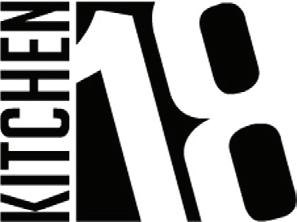
last week, he was “a little concerned.” Still, he emphasized that he has always felt safe in Casa Grande.
Khal Chasidim is not part of Chabad, but Sasonkin is in touch with Rubin. There is not much crossover between the two communities, but when one of them needs help forming a minyan, they can call on one another.
“We help each other out,” Sasonkin said.
Sasonkin said several people have reached out to him, and that “the broader community is very supportive and helpful, as are the local authorities.”
Lisa Navarro-Fitzgibbons, mayor of Casa Grande, offered the local Jewish community condolences in a statement.
“While the road to recovery will be difficult, the resilience of faith and the strength of our community will help guide the way forward,” the statement read.
Sasonkin spoke briefly with Rubin after the fire and learned that though some tefillin and similar religious items sustained some damage, no holy books or Torahs were damaged.
Luckily, nobody was injured at the center because the building was unoccupied in the early hours of Monday morning when the fire began, a little before 5 a.m. The center is a place for community, prayer and study. It even serves as a resource for kosher groceries.
Rubin reached out directly to Amanda Garcia, who heads the Jewish Community Relations Council of Greater Phoenix. Though the investigation has not been completed, he wanted to update Jewish officials in the state about what’s been happening.
“We take any report of possible antisemitic activity very seriously. We’re monitoring the situation and have reached out to the Jewish community in Casa
Grande,” Garcia told Jewish News.
“Our office takes fire investigations seriously, especially when they impact places of worship and community gathering,” said Frank Ricci, Casa Grande’s fire marshal, in a press release.
The Casa Grande police worked in tandem with the city’s fire department and the Bureau of Alcohol, Tobacco, Firearms and Explosives.
“We are committed to ensuring justice is served in this case. This fire caused significant harm to a valued community space, and we’re working diligently to understand the full circumstances,” Mark McCrory, Casa Grande’s chief of police, said in a press release.
Gregorio has been officially charged with arson of an occupied structure, and the case has been submitted to the Pinal County Attorney’s Office.
The Anti-Defamation League of Arizona released a statement saying that the organization welcomed Gregorio’s arrest and “are eagerly waiting for the results of the investigation and hope that justice will be served.”
The Jewish community in and around Casa Grande is roughly 100 people. As much as Sasonkin believes it’s important to highlight antisemitism when it appears, he thinks it’s equally important not to cause fear unnecessarily.
“We don’t have to be afraid. We should continue to be strong and help each other as a people,” he said. JN
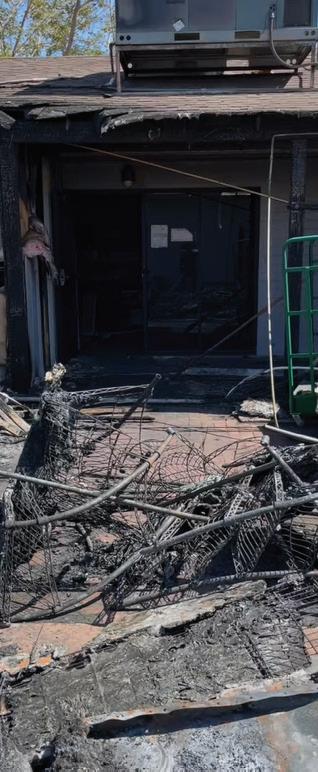
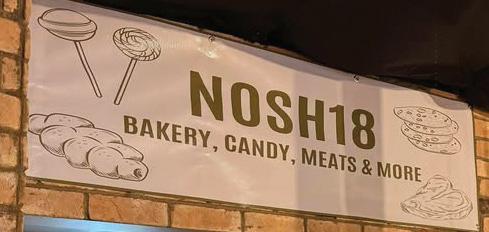
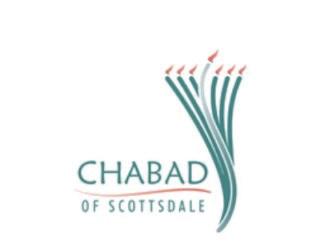
SHIA RUBIN

across U.S.; Foster proactve approach to address issues; Comncate w/ key stakeholdrs re projct reqmnts & objectns to optmize propty perfrmnce; Engage w/ govt agencies to review & intpret local survey rules,
& operatnl aspects to facilitate decision-making. MS in Public Admin, Bus Admin, Managemnt, or rltd + 1 yr exp. Scan the QR code below to apply online or email resume to jobs@ uhaul.com Include Job Code AREPC-LP
THE MENTAL HEALTH IMPACT OF WAR FOR ISRAELI STUDENTS
Wednesday, 3/26 | 9am
Free for All, Registration Required
In partnership with CJP, learn about mental health challenges Israeli students face during wartime and the innovative approaches World ORT Kadima Mada has taken to support students.
ACRYLIC PAINTING CLASS
Wednesdays, 4/2 – 5/7 | 10am-12pm
Members: $150 | Non-Members: $200
Unleash your creativity with acrylic painting led by experienced artist, Nancy Price! Open to all levels of artistic experience.
BELLY DANCING CLASS
Sundays, 4/6 – 5/25 | 1-3pm
Members: $150 | Non-Members: $200
Experience the joy of belly dancing with this fun and energetic class! Tone your core, boost confidence, and connect with a community of movers. All experience levels welcome. No class on 4/13.

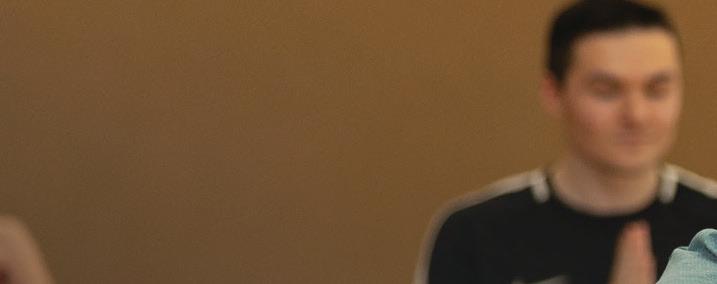

Wednesday, 4/23 | 6-7:30pm
Free for All, Registration Required
Experience a beautiful blend of live music and starlit skies while enjoying performances from talented local artists.
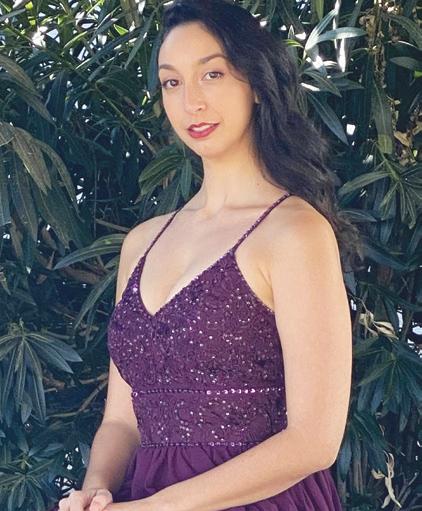
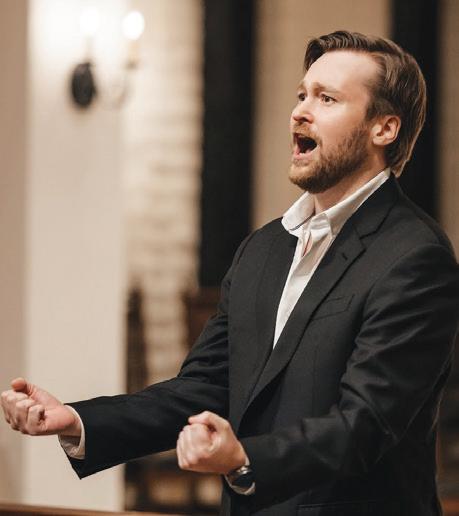
AMERICAN MUSIC: OPERA, JAZZ + MUSICAL THEATER LECTURE + PERFORMANCE
Sunday, 4/27 | 4-6pm
Members: $36 | Non-Members: $50
Explore the evolution of American music and its distinct genres’ sounds in this engaging lecture performance with opera singers Chen Holtzman and Christopher Wall.

HEALTHY LIVING FOR YOUR BRAIN + BODY: TIPS FROM THE LATEST RESEARCH
Thursday, 5/22, 10am-12pm
Free for All, Registration Required
In collaboration with the Alzheimer Association, learn about the latest research, tools and tips on healthy aging, making lifestyle choices to help keep your brain and body healthy.
HOME SAFE HOME: FIRE + FALL PREVENTION
Thursday, 5/22 | 12:30-1:30pm
Free for All, Registration Required
Join the Scottsdale Fire Department's Home Safe Home presentation to learn how to reduce risk and prevent fire and fall related injuries. Light refreshments included prior to the presentation.


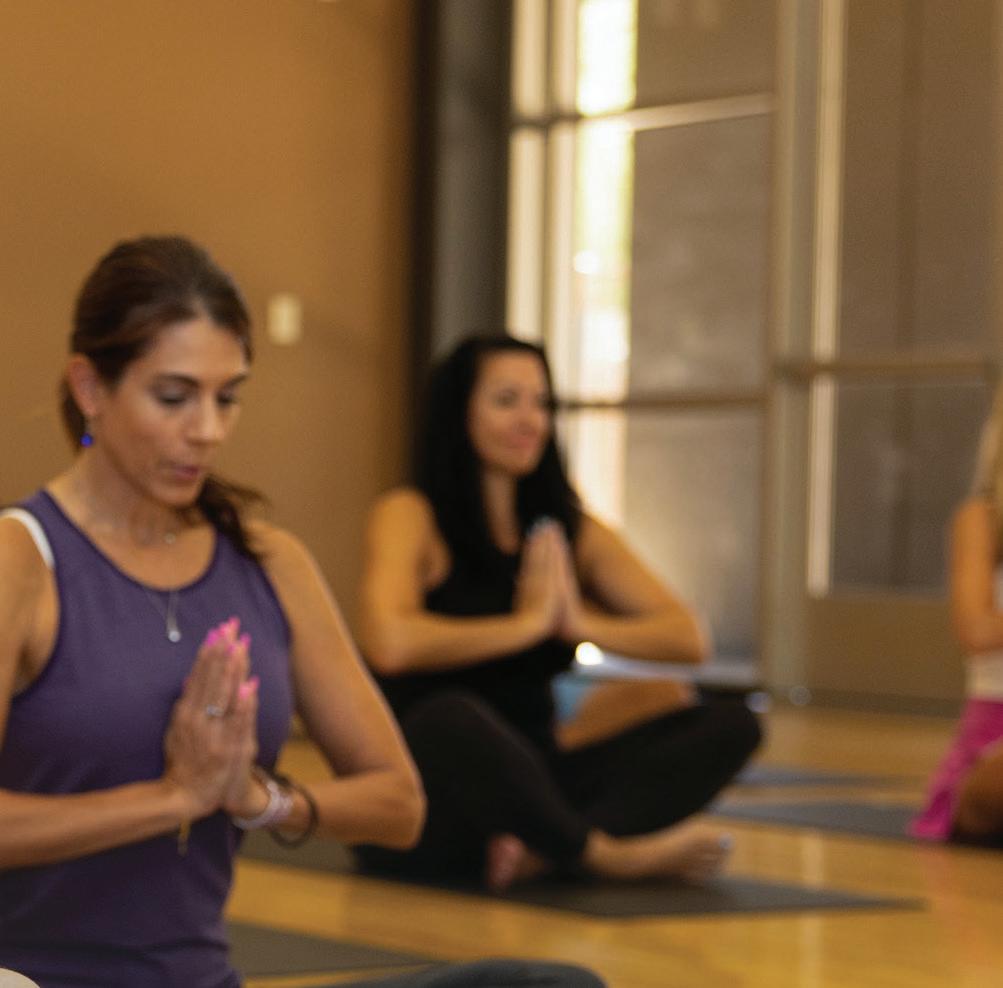
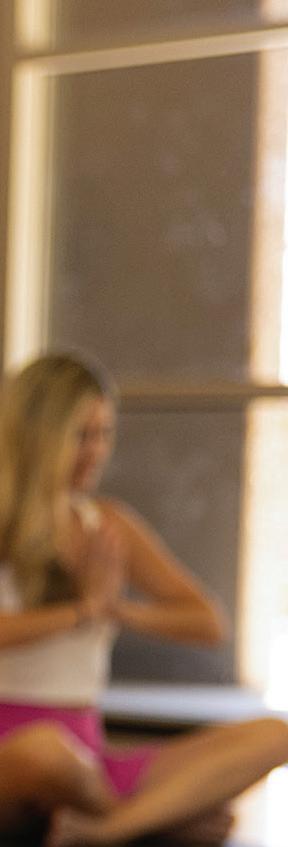
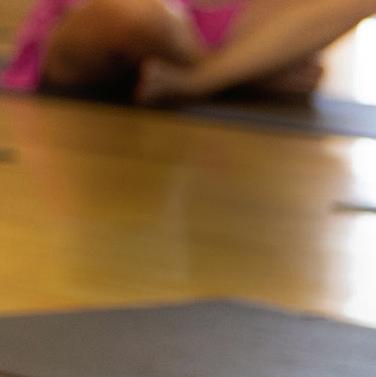

DAD’S WELLNESS GROUP
Sundays, 3/23, 4/6 | 2-4:30pm
Members + Non-Members: $18
Join other dads in an uncensored space to discuss aspects of fatherhood, family life, mental health, and Judaism. Enjoy brief meditation practices to develop dad zen.
Starting 3/26 | 5:30-7:30pm Members + Non-Members: $25
Open to all adults 55+, our brand-new Adult Friendship Circle allows you to expand your social circle, build connections, and engage in lively conversation! Creating community has never been so easy.

Sundays, 3/30, 4/27 | 9-11am
Members: Free | Non-Members: $5
Join us for “Bagels And Gabbing Every Last Sunday” to schmooze, enjoy bagels and coffee, and meet new people.
Wednesdays, 3/26-5/14 | 5-9pm
Members + Non-Members: $5
Open to all skill levels, drop in on Wednesday nights, make your move, and enjoy the great game of chess!
CHESS FOR ALL AGES
Sundays, 3/30 – 5/18 12:30-2:00pm
Members: $108 | Non-Members: $120
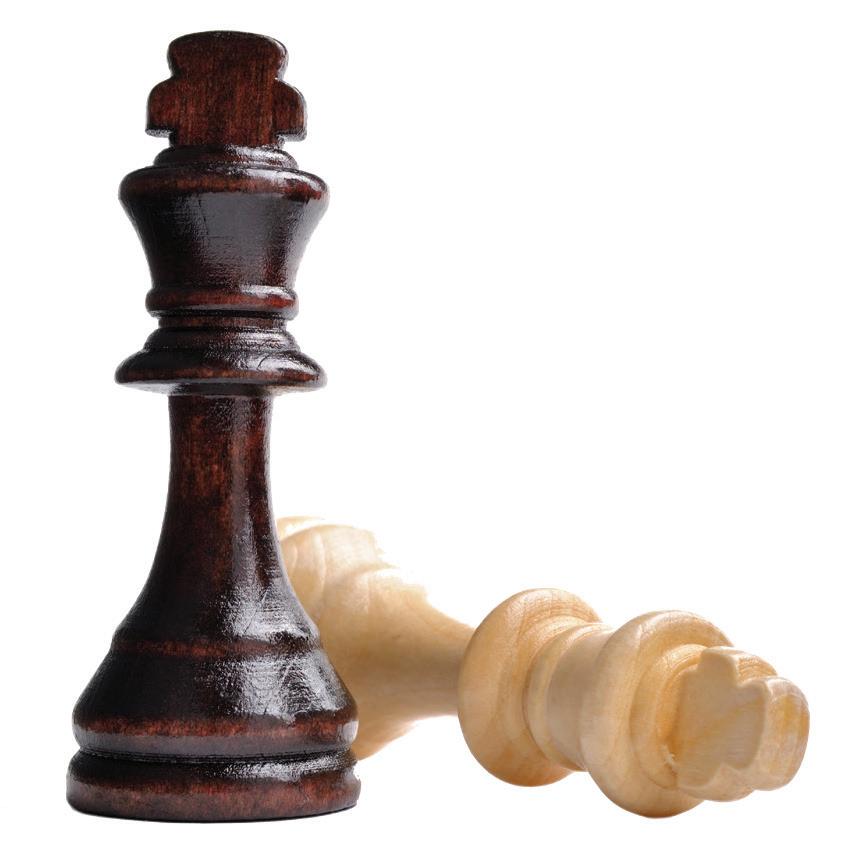
This intergenerational chess class is open to all ages and skill levels! Sharpen your skills, make new friends, and bridge generations through the great game of chess. No class on 4/13.
Mondays, 3/31-5/12 | 10am-12pm
Members: $150 | Non-Members: $200
Learn to play bridge and exercise your mind in this beginner class. Master hand play and proper bidding techniques. No class on 4/14.
INTERMEDIATE BRIDGE
Mondays, 3/31-5/12 | 12:30pm-2:30pm
Members: $150 | Non-Members: $200
Elevate your bridge game as you learn more competitive bidding strategies and defense techniques. No class on 4/14.
INTERMEDIATE CANASTA
Tuesdays, 4/1-5/6 | 12:30-2:30pm
Member: $150 | Non-Members: $200
Learn new strategies and special hands as you elevate your game with our intermediate canasta class.

activities and entertainment Sundays 11am - 1pm Martin Pear Aquatics Center at The J May 18 Mermaids & Pirates members only
June 8 Beach Bash
June 29 Independence Day members only
July 13 Sports August 31 Labor Day members only

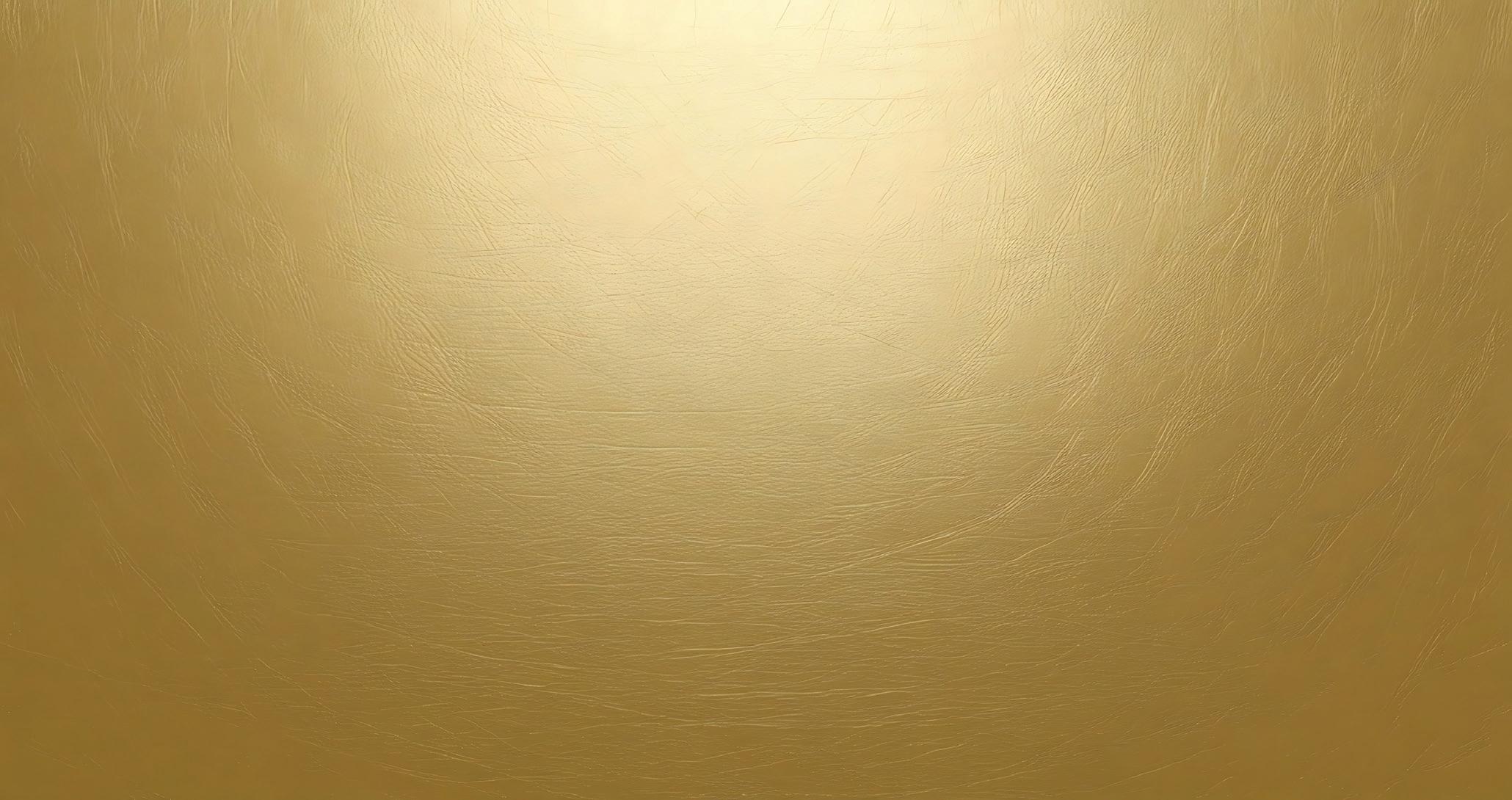
SPRING FLING LINE DANCING CLASS
Sunday, 4/6 | 1-2pm
Free for Members
Let’s dance this spring to a variety of music: country, modern, and traditional. Line dancing experience nor a partner is required.
SIZZLIN' SUMMER DANCE PARTY
Sunday, 5/18 | 1-2pm
Free for Members, Registration Required
Get your heart pumping as we dance, shake, and move to modern, pop and hip-hop music! No experience necessary.
J FIT
Wednesdays | 7:30-8:15am
Free for Members
Get your Wednesday mornings moving with an athletic workout including strength training, cardio, and functional fitness challenges.
PILATES FOR SENIORS
Thursdays | 10:30-11:30am
Free for Members
Build strength and stability in a safe and empowering environment. This slower paced Pilates class provides challenge but adapts movement to best suit your body.
Drowning is the #1 cause of injury-related deaths in children aged one to four. It is 100% preventable. During May, there will be a table outside of the ECC to sign up for a free opportunity for young children to learn and practice downing prevention skills (fully clothed) in the pool with skilled instructors. Parents will receive tips to help prevent drowning.
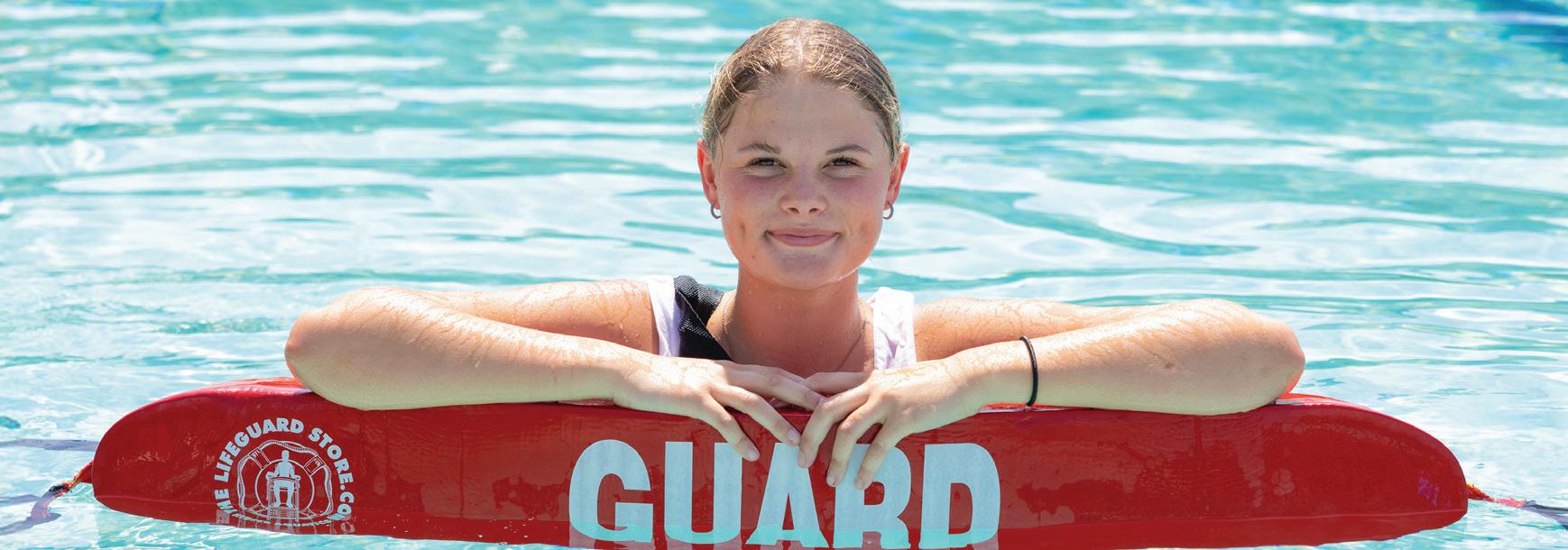
AMERICAN RED CROSS LIFEGUARD CERTIFICATION
4/5-6, 4/18-19, 5/3-4, 5/25-26, 6/14-15 7am-6pm
Members + Non-Members: $300
Participants who successfully complete the lifeguarding course earn an American Red Cross certificate for Lifeguarding, First Aid, CPR and AED that is valid for two years.
JR. LIFEGUARD TRAINING
June 2-26 or July 7-31 | 9:30am-1:30pm Members + Non-Members: $500
Open for ages 11-14, you will learn lifesaving skills such as in-water rescues, use of a rescue tube, first aid, CPR, and use of an AED. Shadow lifeguards to see what a future as a lifeguard is like.
JILL + LEE WEISS SWIM ACADEMY
Year-Round | Prices Vary
This year-round program promotes water safety and swim techniques for children ages six months and older. Learn to swim with our friendly and skilled instructors.

IMPACT VOLLEYBALL
Wednesdays, 3/26-5/21 | 5:30-7pm + 7-8:30pm
Members: $200 | Non-Members: $240
Open to 9–15-year-olds, our beginner and advanced classes help develop volleyball players to the next level of their game!
Sponsored by Body Systems
JUNIOR PICKLEBALL
Sundays, 3/30-6/8
Members: $150 | Non-Members: $175
Players in grades 1-9 will master the fundamentals of pickleball through exciting games and drills in a competitive yet friendly atmosphere. No class on 4/13.
PICKLEBALL LESSONS
4/22-5/13 | Indoor Courts
Member: $150 | Non-Members: $210
Beginner | Various Days + Times
We will cover everything from an in-depth overview of the basics, rules, scorekeeping, game play, strategizing, and more!
Intermediate | Various Days + Times
These lessons will dive further into elevated serve techniques, court positioning and awareness, double play, and more!
DINKO DE MAYO
Monday, 5/5 | 6-8pm
Members Only | $20/person
Enjoy open pickleball play, music, backyard games, and light appetizers and drinks to celebrate Cinco de Mayo. Must be 21+ to attend.
ADULT BASKETBALL LEAGUES
Tuesdays + Thursdays, 6/3-8/19
Prices Vary
Four different level leagues allow you to play ball and showcase your skills, no matter your level.
JEFF BERKOWITZ YOUTH BASKETBALL
Sundays, 6/22-8/10

Members: $140 | Non-Members: $190 Kids will learn the fundamentals of basketball while instilling the core values of respect, perseverance, integrity, and community. This league is open to Pre-K – 6th grade.
Sponsored by Weiss Brown, PLLC

Starts Monday 8/4
Prices Vary | Membership Required
Preschool isn’t just a place where your child goes, it’s where they will grow. Our program nurtures each child’s natural curiosity, intelligence, and interests while developing their Jewish identity.
Friday, 3/28Sunday, 3/30
Members:
$150/person | Non-Members: $180/person
Join our first ever J Family Camp – a weekend of outdoor activities, Shabbat, and fun at Camp Friendly Pines in beautiful Prescott, AZ!
NIGHT OUT: SPLASH INTO SUMMER
Saturday, 5/10 | 5-8pm
Members: $35 for 1 child, $25 for additional child(ren) | Non-Members: $50
Open for ages 4-12, drop your child off for a fun night in the J pool while you enjoy a parents’ night out or a quiet evening in.
Sponsored by Affiliated Pediatric Dentistry and Orthodontics
CLUB J AFTER CARE + YOUTH ENRICHMENTS
Starts Monday 8/4 | Prices Vary
Kids in grades K-5 can dive into fun every day after school, on early release days, and during school breaks. The are endless activities, fun, and excitement to be had!
To register + for more information, visit valleyofthesunj.org
PLEASE NOTE: All program information is subject to change
KOCHAVIM DAY CAMP
5/27-7/24 | Prices Vary
Kochavim provides a magical experience for kids ages 2 years to K. Enjoy splashy pool time, fun sports, and music, all while embracing Jewish values in a warm and welcoming environment.

MATZAH BALL
Saturday, 4/5 | 5:30-7:30pm | Members: $13/Person | Non-Members $16/Person
Enjoy a night of dancing, laughing, games, and carbo-loading with friends before Passover! Matzah Ball is open to all families with kids ages 10 and under.
Sponsored by Affiliated Pediatric Dentistry and Orthodontics
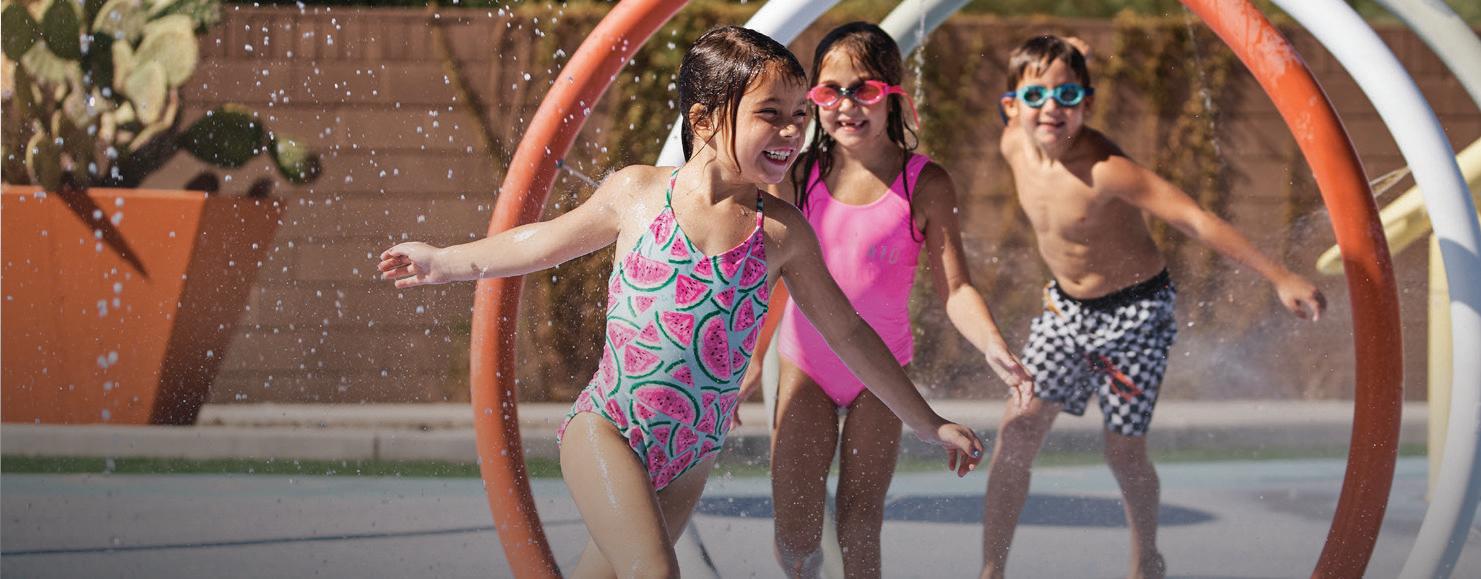
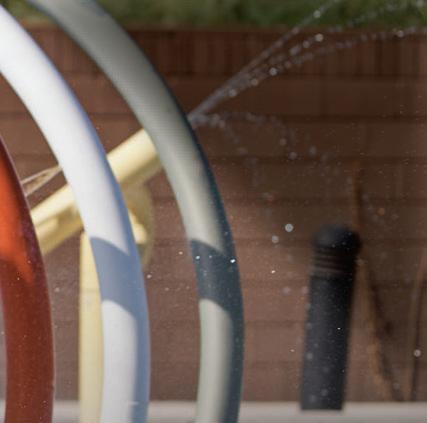








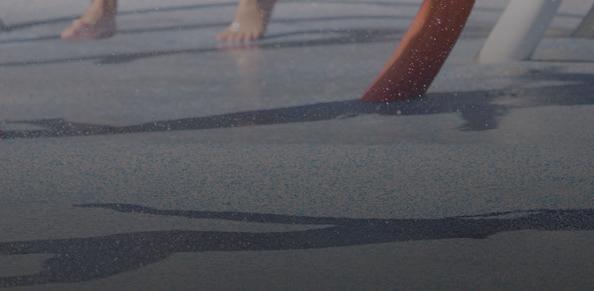



5am-10pm |
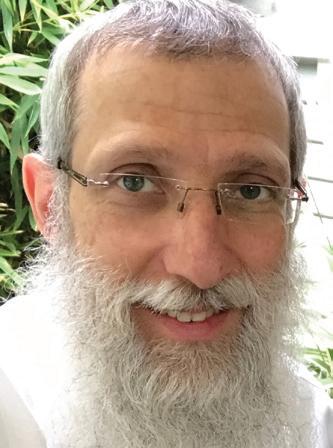
EXODUS 35:1 - 38:20
We are coming off of the beautiful holiday of Purim. In the Megillah, we read how Haman offered King Ahasuerus 10,000 kikar of silver, millions and millions of dollars in today’s terms, to have the Jewish people destroyed.
The Midrash tells us that G-d in Heaven responded, “Haman, the Jews have already given that amount in the form of half-shekel donations for the Mishkan (Tabernacle). Their silver for the use of a mitzvah, beat and outweighed your silver you want to use to destroy them.”
This week we read the Torah portions of Vayakhel and Pekudei. Together, they record the donations and contributions the Jewish people gave for the construction of the Mishkan in the desert.
The parshah begins with the words Eleh Pekudei, “These are the reckonings,” and goes on to list all the gold, silver and other materials the people donated. The Midrash comments that just as the Jews sinned with
Eleh, they also repented with Eleh. What does this mean?
At the time of the Golden Calf, they proclaimed, Eleh Elokecha Yisrael, “This is your god, O Israel!” as they pointed to the precious metal they had contributed to idolatry.
But later, when they donated gold and silver for the Mishkan, the Torah again says, Eleh Pekudei, “These are the contributions,” showing that what they once used for a grave sin, they now transformed into a means of holiness and atonement.
Similarly, they sinned with the word Zeh. When Moshe delayed returning from Mount Sinai, (the Jews miscalculated his return date) they panicked and told Aharon, Zeh ha’ish Moshe, “This man, Moshe, is gone.” They felt abandoned and sought something tangible to replace him.
Yet, they atoned and were ultimately forgiven through Zeh, as the Torah says, Zeh yitnu, “This is what they shall give,” referring to the half-shekel donation for the construction of the Mishkan. The very physical metal they had once misused was now elevated and sanctified.
Chassidus explains that when the Torah uses the word Zeh, it denotes something tangible, something we can point to and grasp. The Jews’ mistake with the Golden
Calf was their desire for something physical they could see and hold. But their correction came when they used that same material wealth — their gold and silver — not for idolatry, but for a home for G-d.
This idea resonated with me deeply this past week when my family gathered for my mother’s first yahrzeit. One of the speakers shared this teaching, emphasizing how my parents, who had nothing in the former Soviet Union — where my grandfather even died from hunger — came to America, a land where they imagined that the streets were paved with gold.
Yet, instead of being blinded by materialism, they used their resources to build a Jewish home, welcoming guests and helping others. They did not let material wealth become an idol; instead, they turned it into a Mishkan, a dwelling place for holiness.
Consider that the entire story of Creation is described in just a few Torah verses. Yet, the construction of the Mishkan, its materials, and intricate details, spans five entire Torah portions. Every word in Torah is precise. Why such extensive focus on what on the surface doesn’t seem that important, when studying it in the Torah? Because the Torah is teaching us something fundamental: Our material wealth — gold, silver and all our possessions — is not an end in itself.
It is a tool, a means to bring honor to G-d in this world.
The Mishkan’s elaborate descriptions remind us that everything we have should be directed toward a higher purpose.
With Purim behind us, Pesach is on the way. Our sages teach that 30 days before Pesach, we must begin preparing. In addition to getting your matzah, wine and everything necessary for the holiday, I remind you to also fulfill the mitzvah of Maos Chitim, helping those in need with their Passover needs. Many families rely on this assistance to celebrate Pesach with dignity and joy. Please don’t wait until the last minute, these people need the means in advance to prepare properly for their Pesach Yom Tov.
May we all take the message of Eleh and Zeh to heart, transforming our material blessings into a source of holiness and bringing light and purpose into the world. JN
NOAM TIBON | JTA
I
f I found myself sitting across the table from one of the top leaders of Hamas, I don’t know if I would have been able to control my emotions and not try to kill him.
On Oct. 7, when I drove from Tel Aviv to the Gaza border area in order to save my family and their neighbors, I saw with my own eyes the cruelty, sadism and hatred of this evil terror organization. But if someone had told me that by sitting across the table from these monsters, and negotiating with them instead of trying to kill them, I’d increase the likelihood of releasing our hostages from the dark tunnels of Gaza – I would absolutely do it, without any hesitation.
Not because I have any bit of sympathy for Hamas, but because after 17 months of war, it is time to put an end to the hostage crisis, and bring home all our people.
That’s why I felt hopeful when I read that senior members of the Trump administration were holding secret talks directly with Hamas in order to prolong the ceasefire and hostage release deal signed in January. This effort is under a politically motivated attack by certain members of the Netanyahu government. But if it succeeds in bringing back our hostages, all Israelis will be very grateful.
The United States has a long history of talking to the kind of people it usually tries to kill, when there’s a chance to save the lives of Americans caught in harm’s way. There’s no reason not to try this method with regards to the hostages held in Gaza.
During Israel’s 1948 War of Independence, our last prisoners of war came back home after eight months. Back then, Israel was a much smaller country,
with a significantly weaker military. The fact that today, we still have hostages held by dangerous terrorists, after more than double that amount of time, is unacceptable. That’s why most Israelis believe we must prioritize the return of the hostages over all other goals at this point in time.
With President Trump in the White House, Israel will have four years to defeat our enemies, guarantee our security needs and reach historic peace agreements with friendly Middle Eastern countries. But our hostages don’t have all this time left. They can’t wait. We must save them now, first of all, and then move on to other missions.
On Oct. 7, I rushed to the Gaza border area, but had to stop again and again on my way to my son’s kibbutz – in order to fight terrorists, save people I met along the way, and evacuate wounded soldiers
to safety. Only at the end of that very long day, I found out that two of my son’s neighbors were kidnapped by Hamas 10 minutes before I entered the gate of the kibbutz.
Those 10 minutes have haunted me every day since Oct. 7. I ask myself, could I have arrived sooner?
To President Trump’s negotiators, I say – don’t waste even a single minute. Make sure you talk to anyone, anywhere, if you believe it can save the hostages. The people of Israel support you. JN
Major General Noam Tibon is one of Israel’s top experts on counterterrorism, a field on which he has advised local and international companies since his retirement from the IDF in 2015.
The views and opinions expressed in this article are those of the author and do not necessarily reflect the views of JTA or its parent company, 70 Faces Media.
BOJANA RULE AND LAURIE SEGAL | SPECIAL TO THE JEWISH NEWS
There is a common misconception among account holders that Federal Deposit Insurance Corporation (FDIC) insurance coverage of $250,000 is calculated per account. Some have come to understand that it can only cover one person per banking institution, while others assume that even a joint account is only covered up to $250,000. The actual FDIC coverage is much more inclusive and complicated than that, which is great news to savers and depositors in the United States. This article aims to demystify how FDIC insurance works and the high limits of insurance that can be achieved at a single FDIC-insured bank.
The FDIC plays a crucial role in maintaining public confidence in the U.S. banking system by protecting depositors from bank failures. Understanding FDIC insurance rules can help consumers have peace of mind as they are navigating today’s economy and banking relationships.
FDIC insurance is a government-backed guarantee that protects depositors if an
insured bank fails. It covers up to $250,000 per depositor, per insured bank, per ownership category. This insurance applies to deposit accounts at FDIC-member banks and ensures that depositors do not lose their money if a bank becomes insolvent. The key part of this definition which is often ignored is “per ownership category.” Let’s dive into the basics and work our way to a better understanding of FDIC and how it truly works.
FDIC covers a variety of deposit accounts that include checking, savings, money markets, certificates of deposit (CDs) and negotiable order of withdrawal accounts (NOW).
FDIC does not cover stocks, bonds, mutual funds, annuities, life insurance policies, municipal securities, safe deposit box contents or cryptocurrency to name a few.
The standard coverage amount is $250,000 per depositor, per insured bank, per ownership category. The ownership category criteria is often overlooked and at times most complicated to understand. In simple terms, ownership category means
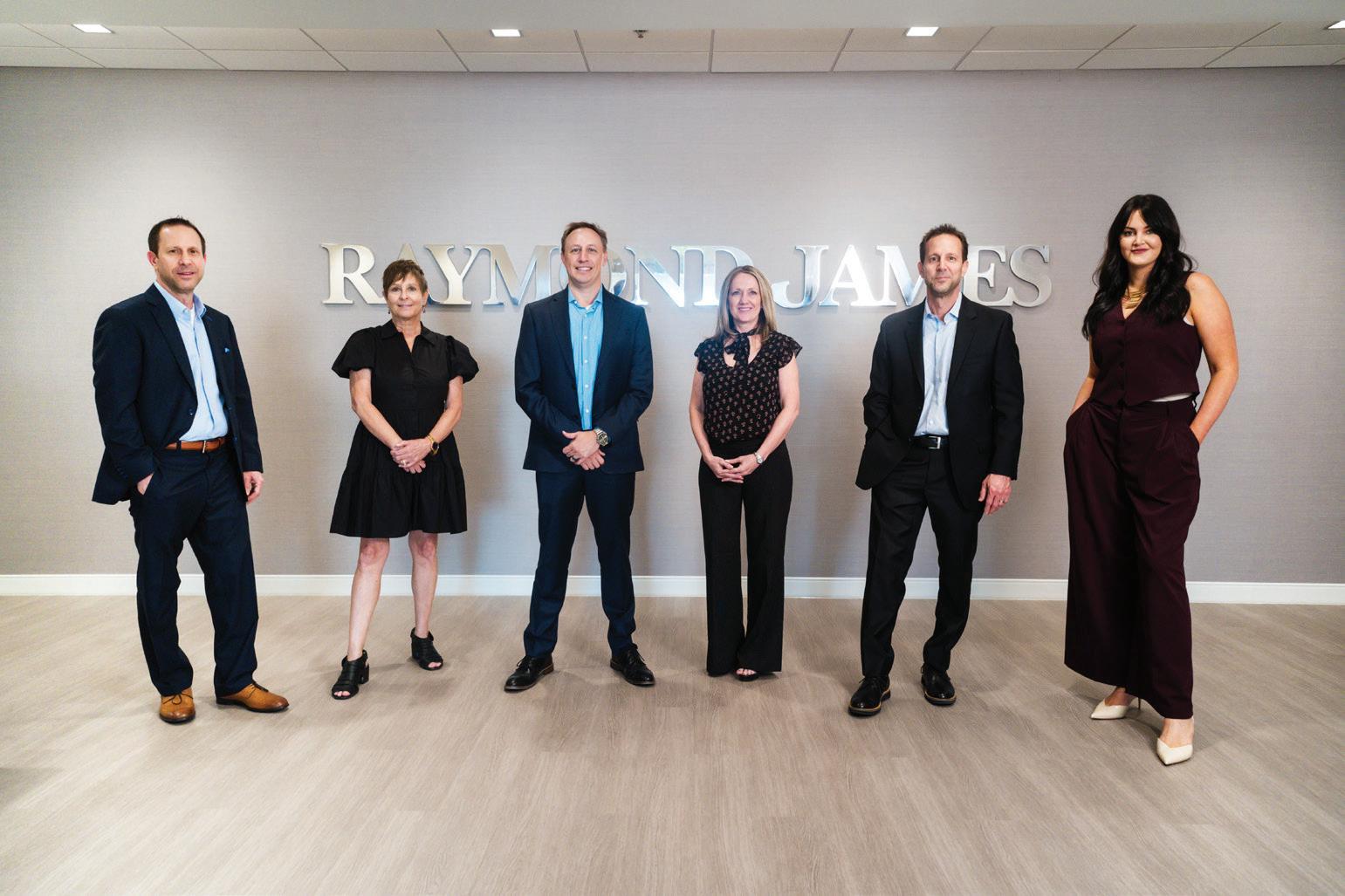
how the bank’s accounts are titled. These categories are — single ownership, joint ownership, trust or beneficiary titling.
If you have a checking account and a savings account at the same bank, the total balance is insured up to $250,000. Add to that a CD to further explain the example. If the checking account, savings account and a CD at one bank are only titled in your name (no joint owner, no payable on death designation to any heirs) and the total balance is $250,000 or less, you are fully insured by the FDIC. Same is true if you hold another $250,000 in deposits with an FDIC-member bank down the street. Now you have $500,000 in cash deposits and are fully insured because you are at different financial institutions. The same logic applies to the examples that follow.
The FDIC limit is up to $250,000 per co-owner. For example, a couple with a
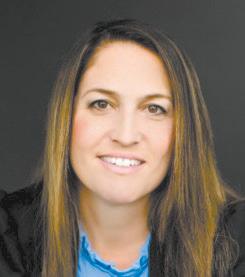

joint savings account can have $500,000 insured ($250,000 per person). That can be held all in one CD totaling $500,000, it can be between five different CD or a combination of checking, savings and CDs at one bank. The key to remember here is that all these accounts must be titled jointly and in the same two individual names.
FDIC insurance is calculated per beneficiary and can have higher insurance limits. In one example, a grandmother has a single savings account, and she has added three of her grandchildren as beneficiaries. That means that the FDIC insurance limit for this category at this bank is $750,000 (remember it is $250,000 per beneficiary). Let’s dive a little deeper and say that this account is not single, but it is joint and owned by grandmother and grandfather who have added three of their grandchildren as beneficiaries. Would you believe that the FDIC insurance in this scenario is $1.5 million? It is!
Whether you’re in need of individual financial counsel or robust institutional strategies, we’ve built our business to address the varied needs of our diverse clientele. Our smallest and largest clients deserve our full attention, and we deliver that attentiveness with guidance that’s tailored to your unique challenges and objectives. We take the time to get to know your values and long-term goals, carefully crafting plans that support the future you’re working toward.
As a focused and experienced group, we provide the resources and expertise of a large firm, with the consideration and service typically found at a small boutique. We develop strategies with an emphasis on mitigating risk and pursuing long-term success, fortified by thorough, objective investment research and selection.
We work alongside our clients, ensuring our strategies are consistently angled toward their ideal financial outcome. We see your goals as an extension of our own, and work tirelessly to help you strive for every one of them.
Are you ready? Let’s uncover the possibility of working together.
Michael Flader, RICP® - Portfolio Management Director, Senior Vice President, Investments – Raymond James & Associates, Inc. – Flader & Young Wealth Management of Raymond James
480-296-7841
www.fladerandyoung.com
14850 N Scottsdale Rd, Ste 155 Scottsdale, AZ 85254
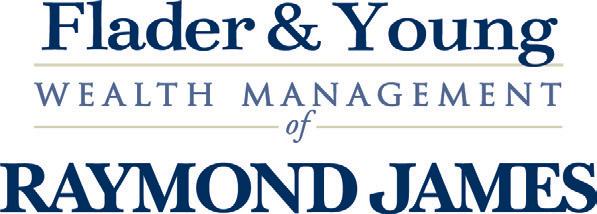
FDIC insurance is calculated per account owner, per beneficiary. Grandma has $750,000 of FDIC insurance for the three beneficiaries, and adding grandfather as joint adds his portion of $750,000 for the three beneficiaries, making it a total of $1.5 million.
In addition, grandma has a single account at that same bank (with a balance of $150,000), grandpa has a single savings at that same bank (with a balance of $130,000) and they have a joint account with no beneficiaries at that same bank (with balance of $400,000).
Their total deposits with that one FDIC member bank are $2.18 million and the entire balance is FDIC insured. Why? Because they have money in each of the categories (single, joint, beneficiary) and each are evaluated separately, therefore maximizing their deposit insurance.
How to maximize your FDIC coverage
1. Opening accounts at multiple FDICinsured banks. Since insurance applies per bank, you can spread funds across different institutions.
2. Using different ownership categories. If you hold funds in different types of accounts (e.g., single, joint, and trust accounts), each may receive separate coverage.
3. Confirming FDIC membership. Always make sure your bank is FDIC insured before making deposits.
What happens if an FDIC bank fails?
The FDIC will reimburse depositors for insured funds, usually within a few days. In other scenarios, the FDIC may transfer accounts to another insured institution or issue checks directly to depositors. Most commonly, if a bank appears to be failing, another bank will acquire its deposits — as was the case when JP Morgan Chase agreed to assume all First Republic Bank deposits in May of 2023. While it was an uncertain and scary time for First Republic customers, as soon as JP Morgan Chase took over, they could continue using their same First Republic checks and continue to use the accounts as they have in the days and years prior. FDIC insurance did not need to step in or pay out because another bank acquired assets of the failing First Republic.
Consult with your bank about how FDIC insurance applies to your accounts or visit the FDIC at fdic.gov. You can also verify your insured vs. uninsured deposits with the FDIC: Electronic Deposit Insurance Estimator at edie.fdic.gov/calculator. JN
Bojana Rule serves as a vice president of private banking and Laurie Segal is a vice president of residential mortgage for Bankers Trust in Arizona. Rule and Segal ensure all clients receive personalized solutions for their financial needs. For more information, visit bankerstrust.com/ phoenix.


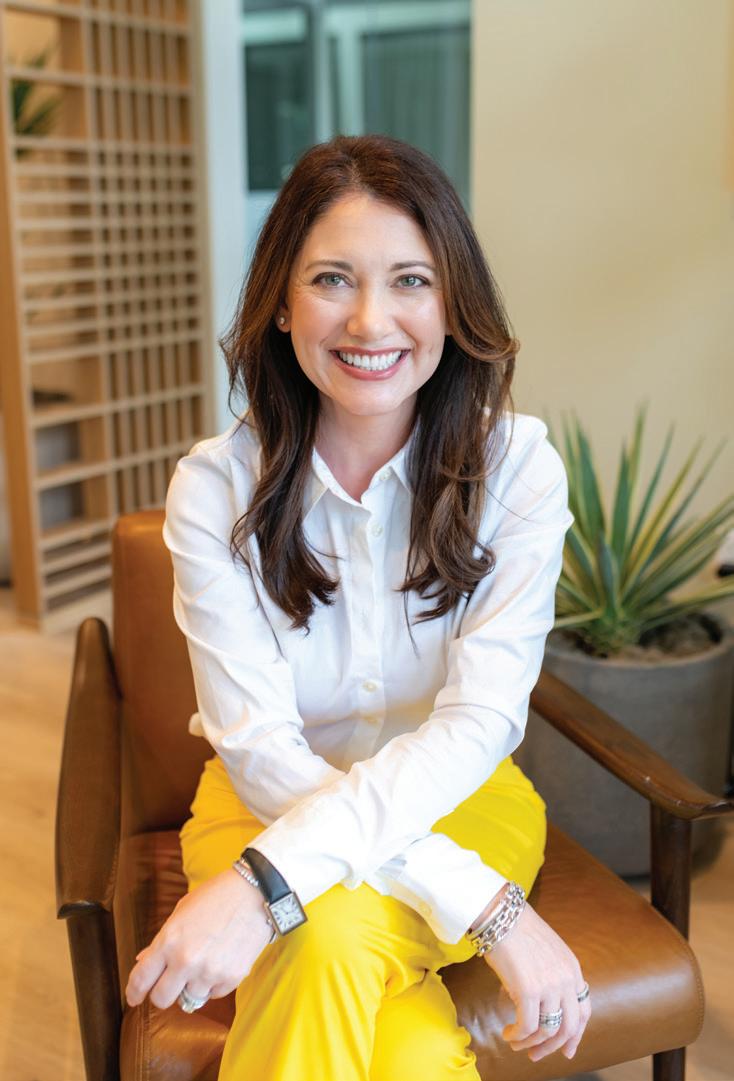






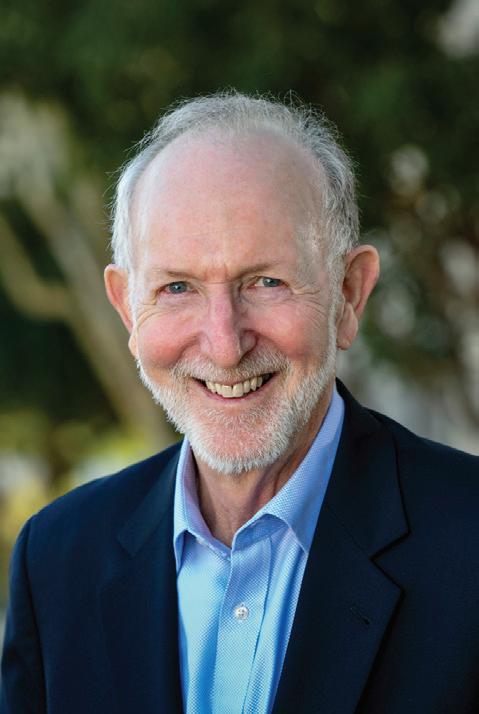

MALA BLOMQUIST | MANAGING EDITOR
Community banks represent 90% of all banks operating in the United States, according to the Federal Deposit Insurance Corporation (FDIC). Unlike “big” banks that may take deposits in one state and lend in others, community banks channel most of their loans to the neighborhoods where their depositors live and work, helping to keep local communities vibrant and growing. There are more than 4,100 community banks in the United States overall, but in Arizona, they don’t have much representation.
“There had only been about 10 community banks in all of Arizona at a time when Illinois and Texas had over 400,” said George Weisz, chairman of the board of Scottsdale Community Bank (SCB) and a stalwart in the Jewish community in the Valley. “So, there was an opportunity here to specialize in serving small- and medium-sized businesses, family offices and nonprofits.”
After nearly a decade of working on oversight and compliance, Scottsdale

Community Bank received its final approval from the FDIC, got its state charter from Arizona’s Department of Insurance and Financial Institutions and opened for business on Jan. 10, 2022.
Neill LeCorgne, president and CEO of SCB, met with Weisz and the other board members in 2019, but when the pandemic hit, the bank’s opening was delayed.
“I had the privilege of meeting a group of individuals that were very dedicated to opening the bank. Working toward that over a 10-year period is truly unique, not only in the banking sector, but it’s pretty unique in any industry sector,” he said.
LeCorgne has been in the banking industry since 1984 and was a consultant for a fintech (financial and technology) company before joining SCB.
“This is an exceptional marketplace for a community bank, where you see banks pretty much on every corner,” he said. “But with local headquarters and local ownership, we have an opportunity here to serve this community that we think needs a community bank as an anchor.”
Weisz said the keystone of SCB is the combination of cutting-edge technology with personal relationships. “You hear banks talk about personal service, but do you know of any bank where every client gets the cell phone number of its president and board chair to use 24/7? You will at Scottsdale Community Bank,” he said.
With the use of technology, online and remote banking, he said about 70% of SCB’s clients never step foot into the branch located in Scottsdale’s McCormick Ranch area. But if you do stop in the bank, Weisz joked he “mandated” that there is always chocolate available. They also offer a “Bank Anywhere” option where they can meet a client and conduct business, wherever they happen to be.
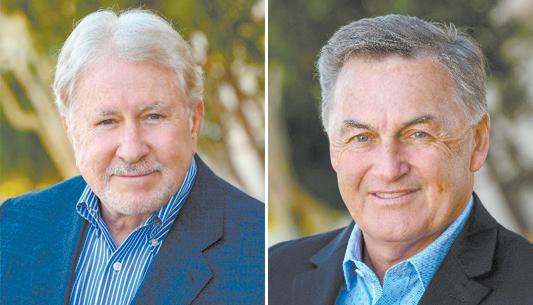
“So, whether you are in your office, at a Diamondbacks game or on a golf course, whatever you’re doing, and you need something done, we can come to you with our technology,” said Weisz. Another advantage he noted about a community bank is that being locally owned and operated, they can make local decisions.
“For example, when it comes to loans, we can pull a loan committee together within 48 hours, and we’re making those decisions here,” said Weisz. He noted that other banks may need to send it to a regional, then national office for approval and weeks could go by before a decision is made.
Weisz explained that SCB likes to be there for the good and the bad. He said that when things don’t go well for a business, the banking industry will often reduce or eliminate a line of credit or even ask a client to leave. SCB likes to think it knows its clients well enough not to have to make those spontaneous decisions, resulting in a different fundamental approach to banking.
SCB also works with a lot of young
business owners, as Weisz noted that many of the bank’s founders are entrepreneurs, like himself and Frank Jacobson.
“We try to help those new businesses and see what kind of resource we can be for those people just starting out. We get very excited about that,” Weisz said.
“What’s really been rewarding for me, as someone who’s been involved in the Jewish community, is the great reception we’ve had within the community by our many clients, organizations and nonprofits,” Weisz said. “We are known to be the efficient, friendly, go-to bank for various members of the Jewish community. We hope we always live up to that trust.” He added, “For me, pursuing banking is somewhat of a legacy. For many years, my father served on the board of directors of an up-and-coming bank in Chicago, called Harris Bank. That bank is now BMO Harris, so my aspirations for our bank are pretty high.” JN
For more information, visit scottsdalecommunitybank.com.
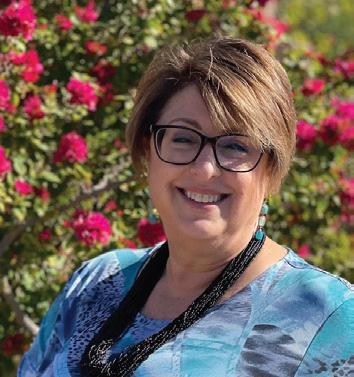




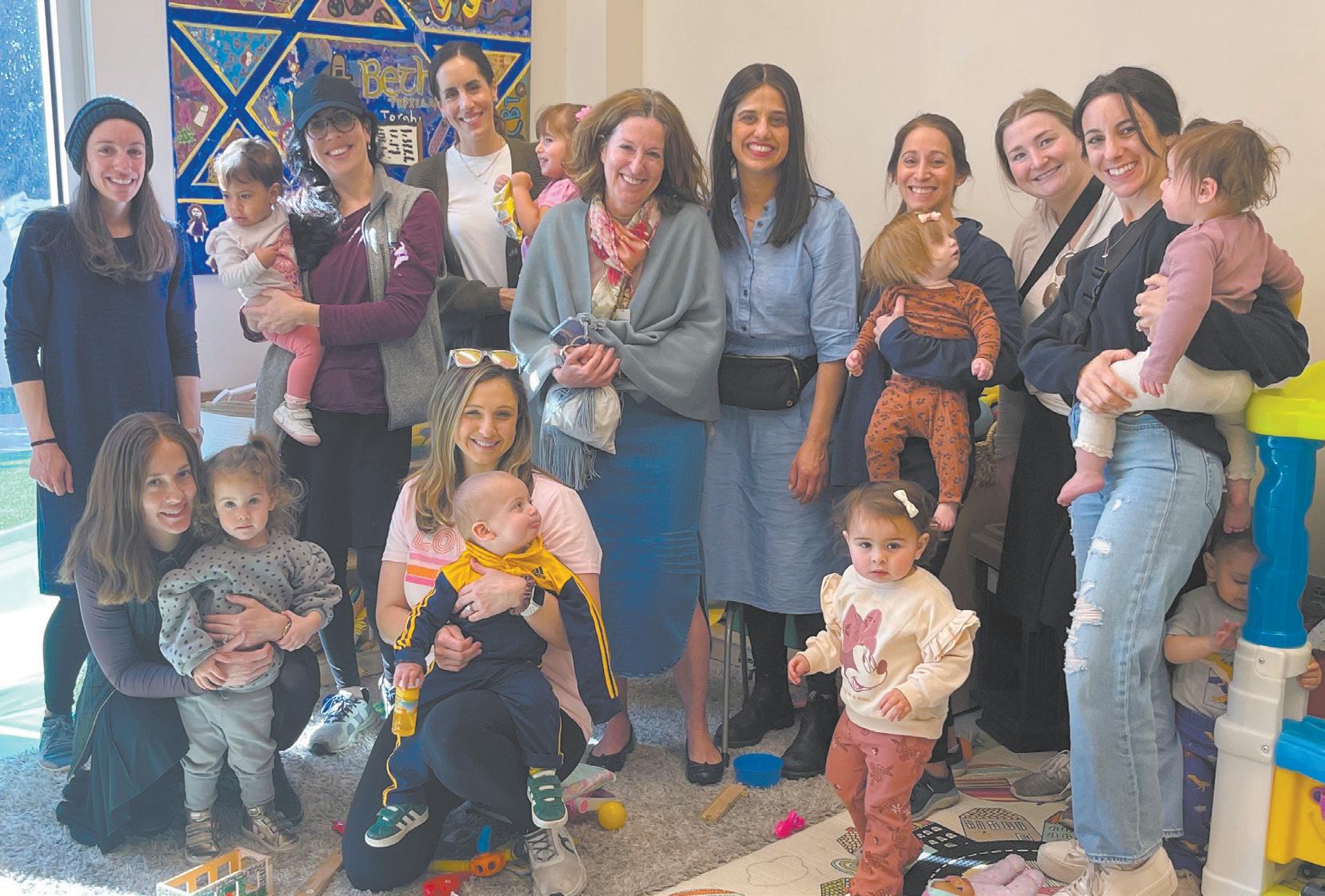
Congregation Beth Tefillah’s Babyccino, a mommy and me group hosted by Dr. Abigail Gewirtz, during its recent weekly Tuesday meeting. Gewirtz is a child psychologist and spoke about mindful parenting.
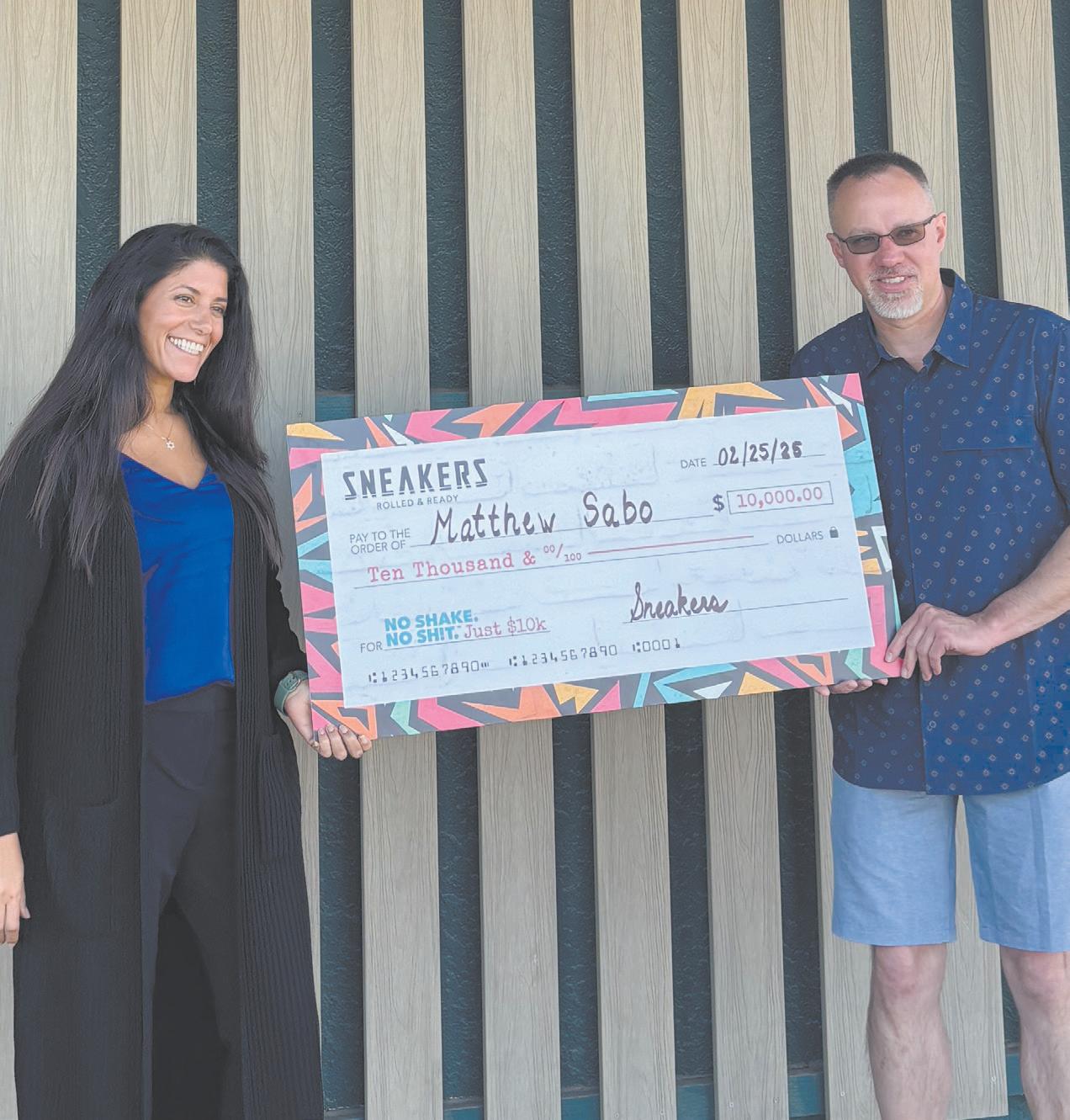
I’ll
Lilach Mazor Power, Jewish entrepreneur, owner of the Giving Tree Dispensary and founder of the pre-roll brand Sneakers, hosted a $10,000 giveaway in February. Here, she presents a giant check for $10,000 to military veteran, Matthew Sabo.
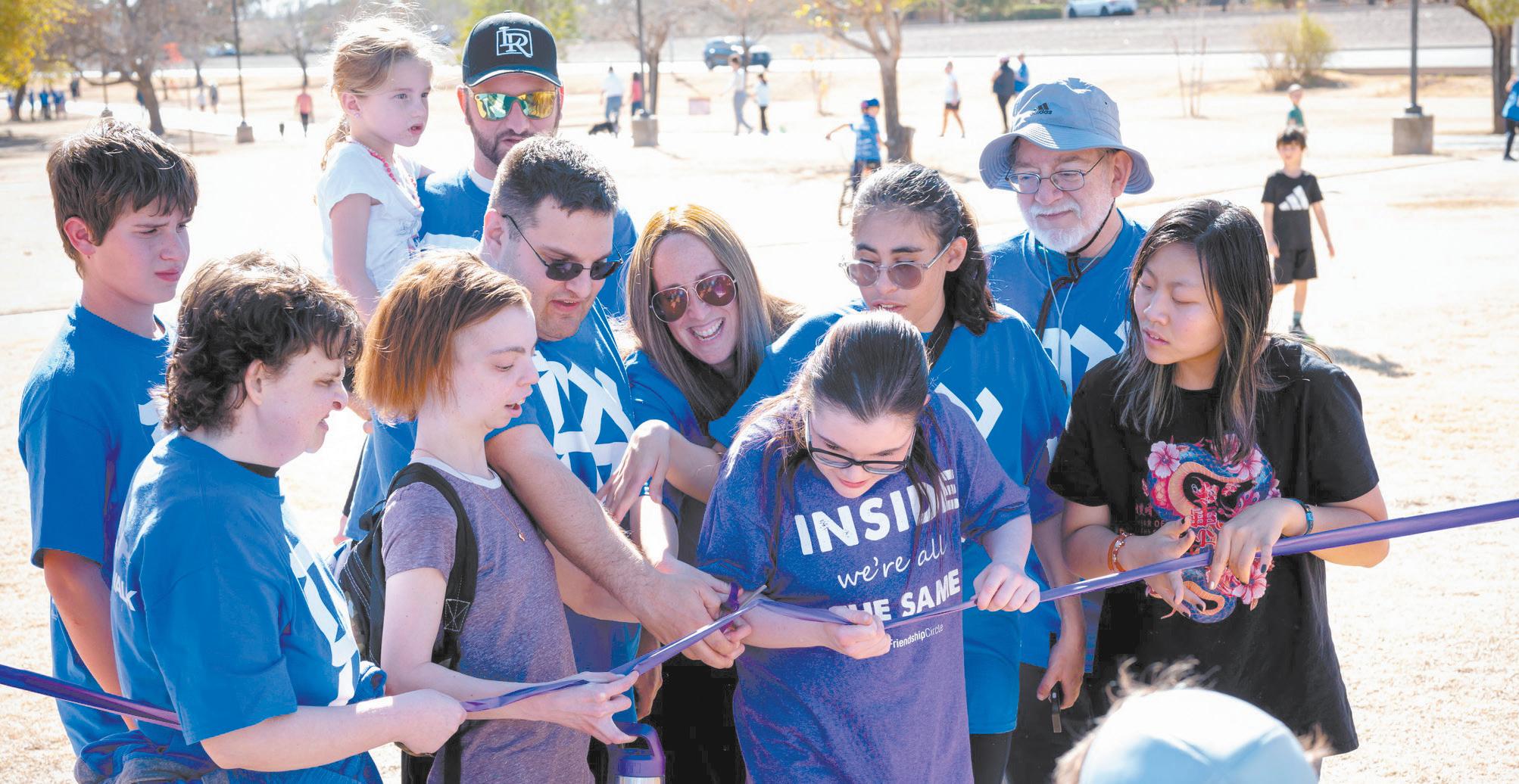

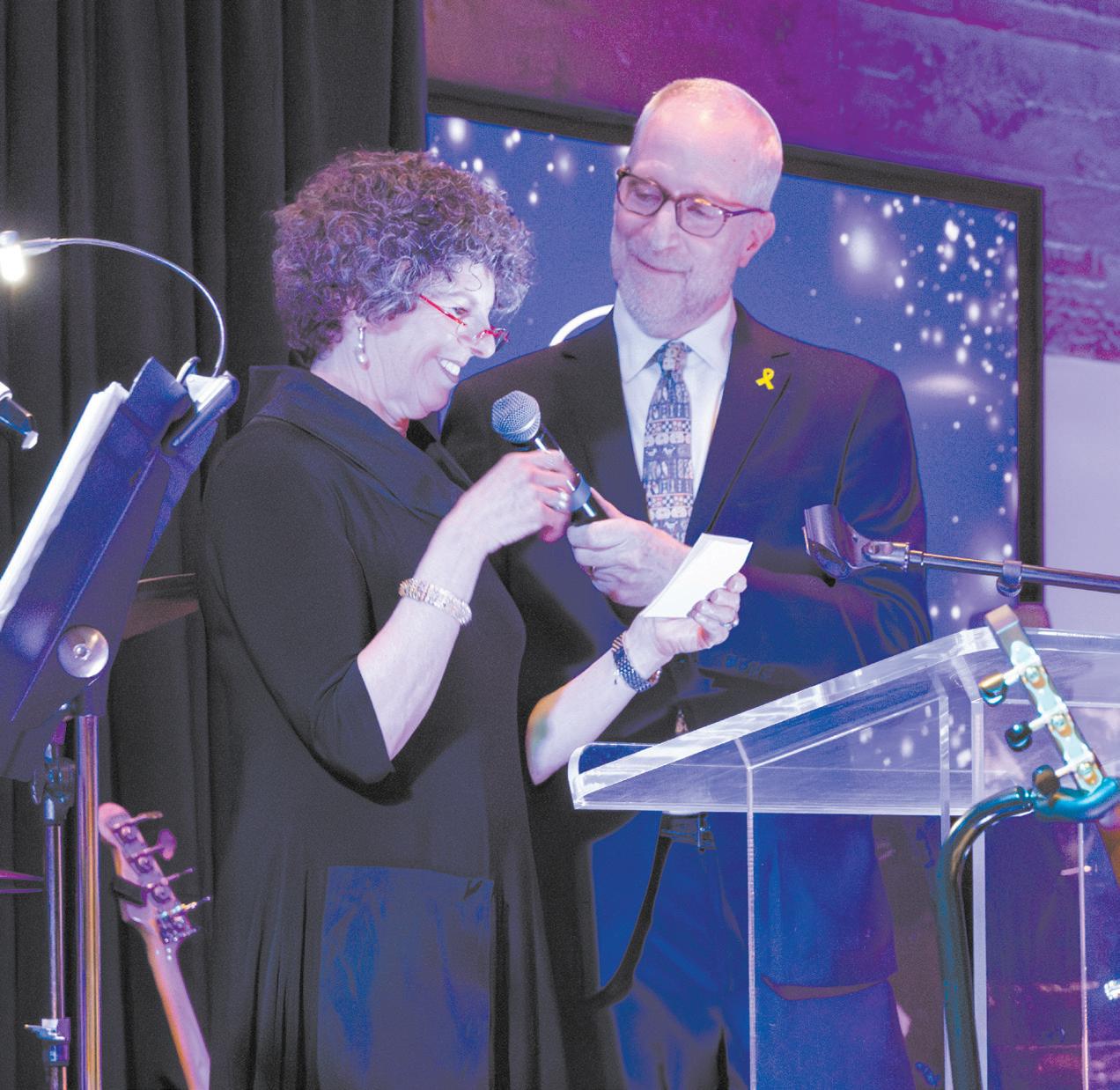
Feb. 25,
Temple Solel hosted its annual fundraiser, “Solelebration,” on Saturday, Feb. 8., and honored Rabbi John and Nancy Linder on their 17 years of leadership of the Paradise Valley congregation.
This COMMUNITY page features photos of community members around the Valley and the world. Submit photos and details each week to editor@jewishaz.com by 10 a.m. Monday.
WEDNESDAY, MARCH 26
Adult Friendship Circle @ The J:
5:30-7:30 p.m. Valley of the Sun Jewish Community Center, 12701 N. Scottsdale Road, Scottsdale. Join the VOSJCC for a social gathering for adults ages 55+. An opportunity to connect, engage and build friendships. Cost: $25. For more information, visit valleyofthesunj.org.
Through April 30

For an updated listing of events and resources, visit JewishPhoenix.com.
THURSDAY MARCH 27
Jewish Culture & Heritage Festival: Times vary. Desert Foothills Library, 38443 N. School House Road, Cave Creek. Join Foothills Library for presentations on Jewish cuisine, the Holocaust, family events, an art exhibit and more. For more information, visit dfla.org.
SATURDAY MARCH 22
Kids Night Out: Imagination Creation: 5-8 p.m. Valley of the Sun Jewish Community Center, 12701 N. Scottsdale Road, Scottsdale. Join the VOSJCC for a night where the kids can enjoy games, movies, a pizza dinner and more. For more information, visit valleyofthesunj.org/ calendar.
SUNDAY MARCH 23
Torah Fund High Tea: 2:30-4:30 p.m. Congregation Or Tzion, 16415 N. 90th St., Scottsdale. Join the Women’s League of Congregation Or Tzion for an event honoring Miriam (Skeeter) Marcus. Cost: $25 plus minimum $25 Torah fund donation. For more information, visit otoz.org/TFL.
Youth Event: 6-9 p.m. Top Golf, 9500 Talking Stick Way, Scottsdale. Join Congregation Or Tzion, Temple Beth Shalom of the East Valley and Beth El Phoenix for an evening of golf for 7th-12th graders. Cost: $36; registration closes at 7 p.m. on March 21.
TUESDAY MARCH 25
Hebrew High Open House: 7 p.m. Ina Levine Jewish Community Campus, 12701 N. Scottsdale Road, Scottsdale. Students in grades 8-11 are invited to join a live class while their parents attend an information session.
WEDNESDAY MARCH 26
Combat Mental Health Impact of War for Israeli Students: 9-10 a.m. Ina Levine Jewish Community Campus, 12701 N. Scottsdale Road, Scottsdale. Join the Center for Jewish Philanthropy of Greater Phoenix for a presentation by World of ORT Kadima Mada Chief of Pedagogy Dr. Moshe Leiba. Cost: Free. For more information, visit phoenixcjp.regfox.com/ cjp-ort-march-2025.
The Art of Passover: 1 p.m. Online. Join the East Valley Jewish Community Center for a presentation by Nancy Kotz of Jewish Art Education. Learn about the holiday of Passover through art objects that serve as a resource for learning and understanding the story of the Exodus. For more information, visit evjcc.org/ artists.
Arguments With a Ghost: What We Talk About When We Talk About Anne Frank: 7-8:30 p.m. Online via Zoom. Join Arizona State University Jewish Studies for a discussion led by Brian Goodman about the New Yorker essay by Cynthia Ozark asking the question, Who owns Anne Frank? Cost: Free. For more information, visit jewishstudies.asu.edu/ JSEnglander.
Raising Financially Responsible Kids: 6-7 p.m. Pardes Jewish Day School, 12753 N. Scottsdale Road, Scottsdale. Join NowGen, a program of the Center for Jewish Philanthropy of Greater Phoenix, and Kesher, the parent organization of Pardes Jewish Day School, in partnership with MidFirst Bank, for an engaging workshop on teaching children the fundamentals of finance. Cost: Free. For more information, visit jewishphoenix.com/events/ raising-financially-responsible-kids.
Blowin’ in the Wind: 6:30 p.m. Congregation Or Tzion, 16415 N. 90th St., Scottsdale. Join Or Tzion for this adult education class on the Judaism of Bob Dylan with Moreh Andre Ivory. Cost: $20. For more information, visit otaz.org/dylan.
FRIDAY-SUNDAY MARCH 28-30
J Family Camp: 5 p.m. Friday until 11 a.m. Sunday. Friendly Pines Camp, 933 E. Friendly Pines Road, Prescott. Join Valley of the Sun Jewish Community Center for Shabbat dinner, outdoor activities and more with family and community. For more information, visit valleyofthesunj.org/ family-camp.
SATURDAY-SUNDAY MARCH 29-30 & APRIL 5-6
LAFF “The Family Tree”: 7 p.m. Saturdays, 3 p.m. Sundays. Sun Lakes Country Club, 25601 E. Sun Lakes Blvd. N,, Chandler. Join the Sun Lakes Jewish Congregation’s Laughter and Friendship Forever (LAFF) troupe as they perform an original musical comedy, “The Family Tree,” with an interfaith cast of more than 30 performers. Cost: $20 in advance, $25 at the door. Purchase tickets at ticketsource.us and enter Sun Lakes Country Club in the search location tab.
SUNDAY MARCH 30
Book Talk at Beth El: 12:30-2 p.m. Beth El Phoenix, 1118 W. Glendale Ave., Phoenix. Join author Mala Blomquist as she presents her new book, a memoir of Holocaust survivor Charlotte Adelman, “Charlotte: A Holocaust Story of Strength, Courage, and Hope.” Adelman and Blomquist will do a reading, Q&A and book signing. Cost: Free. For more information, visit bethelphoenix.com/event/charlotte.
Sternberg3 Community Model Seder: 12:30-2 p.m. Online and in-person at Ina Levine Jewish Community Campus, 12701 N. Scottsdale Road, Scottsdale. Join Gesher Disability Resources for crafts, a condensed Seder program and a buffet meal. Registration closes on March 28 at 7 p.m. For more information, visit gesherdr.org.
Nicole Pesce Piano Concert: 2:30-4 p.m.
Temple Beth Shalom of the West Valley, 12202 N. 101st Ave., Sun City. Join TBSWV for an afternoon of music performed by renowned pianist Nicole Pesce. Cost: $20 with advance registration by March 28; $25 at the door. For more information, visit tbsaz.org.
Phoenix Suns Family Outing: 6-9 p.m. PHX Arena, 201 E. Jefferson St., Phoenix, Join Pardes Jewish Day School to watch the Phoenix Suns take on the Houston Rockets. Ticket includes early entrance at 4 p.m. to sit courtside and watch the warm up and pregame festivities. For more information, visit events.veracross. com/pardes/16-suns-tickets-pardes.
SUNDAY MARCH 30-APRIL 6
The Phoenix Film Festival: Times vary. Harkins Scottsdale 101, 7000 E. Mayo Blvd., Phoenix. Join the festival for Jewish-themed films including, “One Big Happy Family,” “Among Neighbors,” “The Stamp Thief” and “Colleyville.” For more information, visit phoenixfilmfestival.com.
SUNDAYS
B.A.G.E.L.S: 9-11 a.m.; last Sunday of the month. Valley of the Sun Jewish Community Center, 12701 N. Scottsdale Road, Scottsdale. Grab a bagel and a cup of coffee at Bagels And Gabbing Every Last Sunday and enjoy some time with your friends and make new ones. You must register to attend. Bagels and coffee will be provided. Cost: Free for members, $5 for guests. For more information and to register, visit vosjcc.org.
THURSDAYS
Storytime at Modern Milk: 9:30 a.m. Modern Milk, 13802 N. Scottsdale Road, #163, Scottsdale. Storytime for babies, toddlers and preschoolers. Integrates children’s books and songs while giving parents new ideas for play. Cost: $5. For more information and to register, visit modernmilk.com/after-baby.
SUNDAYS
Chassidus Class: 9 a.m. Online. Learn about the Chasidic movement with Rabbi Yossi Friedman. Use this link: ChabadAZ.com/LiveClass. Cost: Free. For more information, visit chabadaz.com.
Jewish War Veterans Post 210: 10 a.m. Online. Any active duty service member or veteran is welcome to join monthly meetings, every third Sunday. Cost: Free. For more information, email Michael Chambers at c365michael@yahoo.com.
MONDAYS
Pomegranate Guild of Judaic Needlework, Desert Cactus Chapter: 10 a.m. The Oasis at Sagewood, 4555 E. Mayo Blvd., Phoenix. The guild meets the third Monday of the month, adjusted when necessary to accommodate Jewish holidays. For more information, visit pomegranateguild.org.
Mahjong: 1:30-3:30 p.m. East Valley Jewish Community Center, 908 N. Alma School Road, Chandler. Come play mahjong each week. For all levels. Cost: Free; registration required at evjcc.org/mahjong.
Quotable Quotes by our Sages: 7 p.m. Online. Learn with Rabbi Shlomy Levertov. Use this link: JewishParadiseValley.com/class. Cost: Free. For more information, visit chabadaz.com.
Single Parent Zoom: 8 p.m. First and third Monday of every month. Join The Bureau of Jewish Education’s Family University single parents’ group for those looking to form friendships and build their support system with likeminded people. For more information or to register, visit bjephoenix.org/family-university.
TUESDAYS
Let’s Knit: 1:30 p.m. Ina Levine Jewish Community Campus, 12701 N. Scottsdale Road, Scottsdale. Share the pleasure of knitting, crocheting, etc. outside the social hall in the campus. Can’t knit? They will teach you! Every level welcome. Cost: Free. For more information, visit vosjcc.org.
Torah Studies: 7:30 p.m. Online. Learn with Rabbi Mendy Levertov. Use this link: ourjewishcenter.com/virtual. Cost: Free. For more information, visit chabadaz.com.
WEDNESDAYS
Torah Study with Temple Beth Shalom of the West Valley: 11 a.m.-12:30 p.m. Online. Weekly study group explores that week’s portion and studies different perspectives and debates the merits of various arguments. Intended for adults, Torah study is open to students of all levels. For more information, contact the TBS office at 623-977-3240.
Happiness Hour: 11:30 a.m. Online. Class taught by Rabbi Pinchas Allouche that delves into texts and references culled from our traditions to address a relevant topic. For more information or to join, visit cbtvirtualworld.com.
Lunch & Learn: 12 p.m. Online. Grab some food and learn with Rabbi Yehuda Ceitlin. Use this link: Facebook.com/ChabadTucson. Cost: Free. For more information, visit chabadtucson.com.
Grief Support Group: 5-6 p.m. Online via Zoom. Therapist Susan Charney MCW, LCSW, leads a grief support group every first and third Wednesday of the month virtually for individuals experiencing the loss of an adult child or sibling. In lieu of any fees for these sessions, donations to Temple Solel are appreciated. For more information, contact susancharneycounseling@gmail.com.
JACS: 7:30-8:30 p.m. Online. Zoom support group for Jewish alcoholics, addicts and their friends and family on the first and third Wednesdays of the month. Cost: Free. For more information, email jacsarizona@gmail. com or call 602-692-1004.
THURSDAYS
Ladies Torah & Tea: 10:30 a.m. Online. Learn about the women of the Torah with Mrs. Leah Levertov. Use this link: ourjewishcenter.com/ virtual. Cost: Free. For more information, visit chabadaz.com.
Talmud - Maakos: 11 a.m. Online. Learn with Rabbi Shlomy Levertov. Cost: Free. Use this link: JewishParadiseValley.com/YJPclass. For more information, visit chabadaz.com.
Mindfulness Gatherings: 12 p.m. Online. Hosted by Hospice of the Valley via Zoom. Cost: Free. To join by phone, dial 1-253-215-8782, meeting ID 486 920 2119#, to get the Zoom link or for further questions contact Gill Hamilton at ghamilton@hov.org or 602-748-3692.
Weekly Mahjong: 1-3 p.m. Temple Solel, 6805 E. McDonald Drive, Paradise Valley. Join Temple Solel each Thursday afternoon for mahjong. Lessons available for beginners. Cost: Free. RSVP via email to dottiebefore@gmail.com so they know how many tables to set up.
Teen Discussions: 7-8:30 p.m. Online. Learn with Rabbi Tzvi Rimler. Use this link: cteen.clickmeeting.com/east-valley. Cost: Free. For more information, visit chabadaz.com.
SATURDAYS
Saturday Mindfulness Gatherings: 9:30 a.m. Online. Hosted by Hospice of the Valley. To join by phone, dial 1-253-215-8782, meeting ID 486 920 2119#. To get the Zoom link or for more information, contact Gill Hamilton at ghamilton@hov.org or 602-748-3692.
Book Discussion: 1:30-2:30 p.m. Online. Join Or Adam Congregation for Humanistic Judaism on the third Saturday of every month for a book discussion. For more information and to register, contact oradaminfo@gmail.com.
Shabbat
FRIDAYS
Shabbat in the Park: 10-11 a.m. Cactus Park, 7202 E. Cactus Road, Scottsdale. Join the Bureau of Jewish Education of Greater Phoenix monthly for music, parachute play, crafts and a family Shabbat experience. For more information, visit bjephoenix.org.
Welcome Shabbat: 11-11:30 a.m. Online. Celebrate Shabbat with the JFCS Virtual Center for Senior Enrichment. Each week a different guest host will lead the program with song and celebration. Cost: Free. For more information, visit jfcsaz.org/cse.
Shabbat at Beth El: 7:15 a.m. and 5:45 p.m on Zoom; 9:30 a.m. at Beth El Phoenix, 1118 W. Glendale. Ave., Phoenix or livestreaming on YouTube. Celebrate Shabbat with songs, blessings and teachings with Rabbi Stein Kokin the first Friday of every month. Special guests will be welcoming Shabbat during the remainder of the month. For more information or to join, visit bethelphoenix.com.
Erev Shabbat Service: 5:30 p.m. Online. Rabbi Alicia Magal will lead a service livestreamed for members of the Jewish Community of Sedona and the Verde Valley. Cost: Free. For more information and to obtain the Zoom link, visit jcsvv.org/contact.
Shabbat Service: 5:30-6:30 p.m.; Oneg at 5 p.m. Temple B’rith Shalom, 2077 Brohner Way, Prescott. Join Temple B’rith Shalom for a musical and spiritual Shabbat service. For more information, visit brithshalom-az.org.
Shabbat Services: 5:30 p.m. nosh, 6:15 p.m. service; morning service has varying dates and times. Temple Chai, 4645 E. Marilyn Road, Phoenix. For more information, contact Joan Neer at jneer@templechai.com.
Pre-Shabbat Kiddush Club: 6 p.m. Online. Say Kiddush with Rabbi Mendy Levertov. Cost: Free. Use this link: ourjewishcenter.com/virtual. For more information, visit chabadaz.com.
Shabbat Services: 6 p.m; 9:30 a.m. Congregation Or Tzion, 16415 N. 90th St., Scottsdale. Services are also live streamed at otaz.org/ livestream. For more information about services, events and membership, visit congregationortzion.org or call 480-342-8858.
First Friday Shabbat Services: 6:15 p.m.; Oneg at 7:15 p.m. Valley Unitarian Universalist, 6400 W. Del Rio St., Chandler. Join Congregation NefeshSoul for Friday night services the first Friday of each month in the sanctuary building of Valley Unitarian Universalist. For more information, contact Jim Hoffman at 480-329-3316.
Shabbat Services: 6:15 p.m; 10 a.m. Congregation Beth Israel, 10460 N. 56th St., Scottsdale. Services held in the Goldsmith Sanctuary. Participants must pre-register by Thursday at 5 p.m. Priority will be given to members first and then guests. If there are more requests than available seats a lottery system will be used. For more information or to make a reservation, visit cbiaz.org/shabbat-services.
Kabbalat Shabbat and/or Shabbat morning service: 6:30 p.m.; 10 a.m.; dates vary. Congregation Kehillah, 5858 E. Dynamite Blvd., Cave Creek. Join Rabbi Bonnie Sharfman and cantorial soloists Erica Erman and Scott Leader either in person or via Zoom. For safety reasons, please register ahead of time. For dates, visit congregationkehillah.org/event/. Register by emailing info@congregationkehillah.org.
Shabbat Services: 7 p.m. Temple Beth Shalom of the West Valley, 12202 N. 101st Ave., Sun City. Services are followed by an Oneg. Services are live-streamed on YouTube. For more information and to get the YouTube link, visit tbsaz.org or call 623-977-3240.
Shabbat Services in Sun Lakes: 7-9 p.m. Sun Lakes Chapel, 9240 E. Sun Lakes Blvd. North, Sun Lakes. Sun Lakes Jewish Congregation conducts Reform Shabbat services on the second Friday of each month. New members welcome. For more information, call 480-612-4413 or 480-580-1592.
Shabbat Services with Beth Ami Temple: 7 p.m. Services held at Unitarian Universalist Congregation of Phoenix, 4027 E. Lincoln Dr., Paradise Valley. Join Beth Ami Temple Rabbi Alison Lawton and Cantorial Soloist Michael Robbins as they lead Shabbat services twice a month. For more information, visit bethamitemple.org.
Third Friday Shabbat: 7-9 p.m. Group meets at a North Scottsdale location. The Desert Foothills Jewish Community Association hosts a Shabbat service followed by a program. Contact 602-487-5718 for more information. JN
Doris Rae Friedman
Doris Rae Friedman, a beloved wife, mother, grandmother and great-grandmother, passed away peacefully on Feb. 27, 2025. Born in Chattanooga, Tennessee, to Max and Anne Jacobson, Doris lived a vibrant and full life.
As a young woman, Doris moved to Phoenix, where she established her life and built long-lasting relationships, including 66 wonderful years of marriage with her devoted husband, William. In their early years, Doris worked as an executive assistant, lovingly supporting William while he attended podiatry school and worked in residency in California. They subsequently settled back in the Phoenix area, creating a loving and warm environment for their family.
Doris was the cherished mother of Carrie, Bruce and Todd, and the proud “Nana” to four grandchildren and two greatgrandchildren. Her extended family included a large circle of 14 cousins, many of whom were like siblings to her, providing a lifetime of cherished relationships. Doris’s brother, Alan “Buddy” Jacobson, predeceased her.
Doris’s outgoing, witty and adventurous spirit touched everyone she met. Her infectious laughter and enthusiasm for life were evident in her love for shopping, travel and planning new adventures. A lifelong learner, she enjoyed reading and journaling. Beyond family and friends, her passions included cheering on the Phoenix Suns with William, as long-time season ticket holders, and enjoying card games and mahjongg with friends.
Doris’s laughter, love and cherished memories will forever live on in the hearts of those who knew her.
Services were held on March 3, 2025, where family and friends gathered to celebrate Doris’s remarkable life.
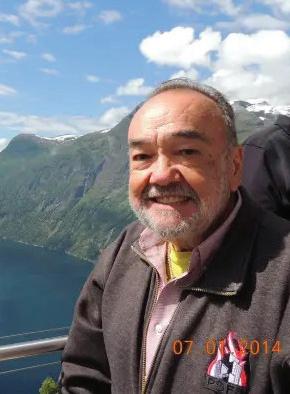
Irv Berger passed away at 85 in Scottsdale, on March 25, 2024. He was born in Brooklyn, New York, on June 23, 1938. He was a proud first generation American to Sol and Sonia (Miller) Berger. He was the youngest of their four children. He was a devoted and loving husband to Barbara (Bernstein) Berger; father to Solomon Berger, Jeremy Berger and Monica (Panza) Berger. He was a beloved grandfather to Lucien and Elliot Berger. Irv adored his family and believed that family always came first.
Irv went to New Utrecht High School in Brooklyn, where he was a member of the Math Team, manager of the Baseball Team (home field was Ebbets Field!), Color Guard, Senior Cabinet and various other activities.
He attended Brooklyn College as an accounting major and earned his CPA certificate shortly following graduation. He practiced accounting in New York, prior to his move to Philadelphia where he met Barbara.
Irv changed his profession upon moving to Philadelphia and was always ahead of his time in the business world. (He saw alarm security both commercial and residential as his passion). He stayed in the alarm business for over 50 years. He achieved his NICET IV Certification (highest level) in Fire Alarm Systems. This credential is based on system design, installation, maintenance and inspection. After earning this prestigious certification, he was invited to work with the NICET organization in creating and writing future exam questions for others pursuing NICET certification in Alexandria, Virginia. This was an honor he gratefully accepted. In business he often told his employees “Swing hard, you just might hit it”. That outlook worked well for him.
Irv and Barbara shared their love of sports, theater and travel. They attended several World Series games including the Diamondbacks first game against the Yankees in 2001, with family members. Irv and Barbara traveled extensively both on land and sea during their 52+ year marriage. They share friends all around the world through their travel adventures. He was beloved by many near and far.
Irv had a quick wit, was intelligent, thoughtful, passionate, loving, generous, kind and a good friend.
Donations may be made in Irv’s memory to ASU Foundation, Attention: Tim Walling, C/O ASU Gammage, P.O. Box 870205, Tempe, AZ 85287-0205, asugammage.com or Children’s Cancer Network, 6150 W. Chandler Blvd. Suite 1, Chandler, AZ 85266, childrenscancernetwork.org
This obituary is being announced on his first-year yahrzeit so we can share a part of him with everyone. We cherish his memory and celebrate his life every day.
